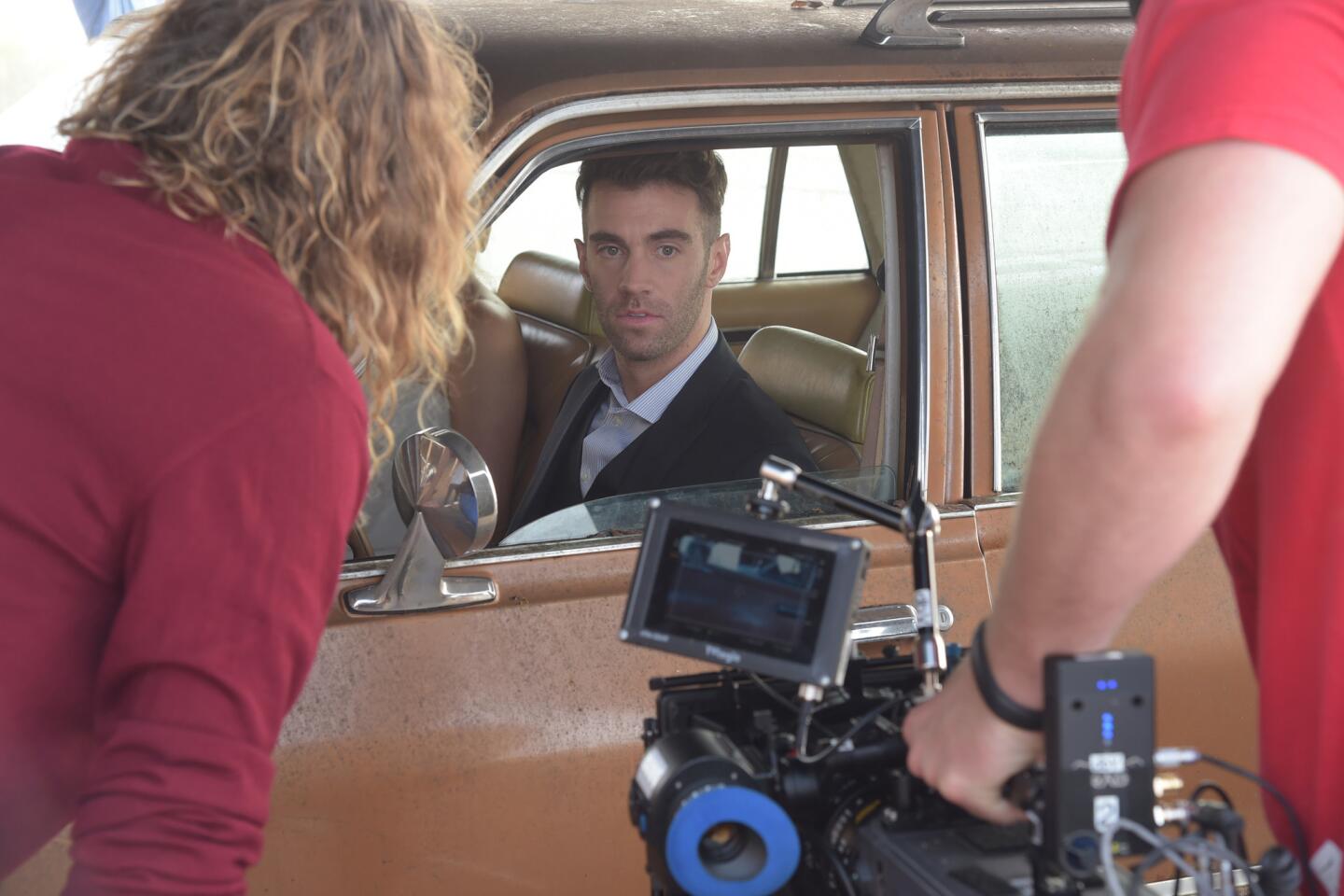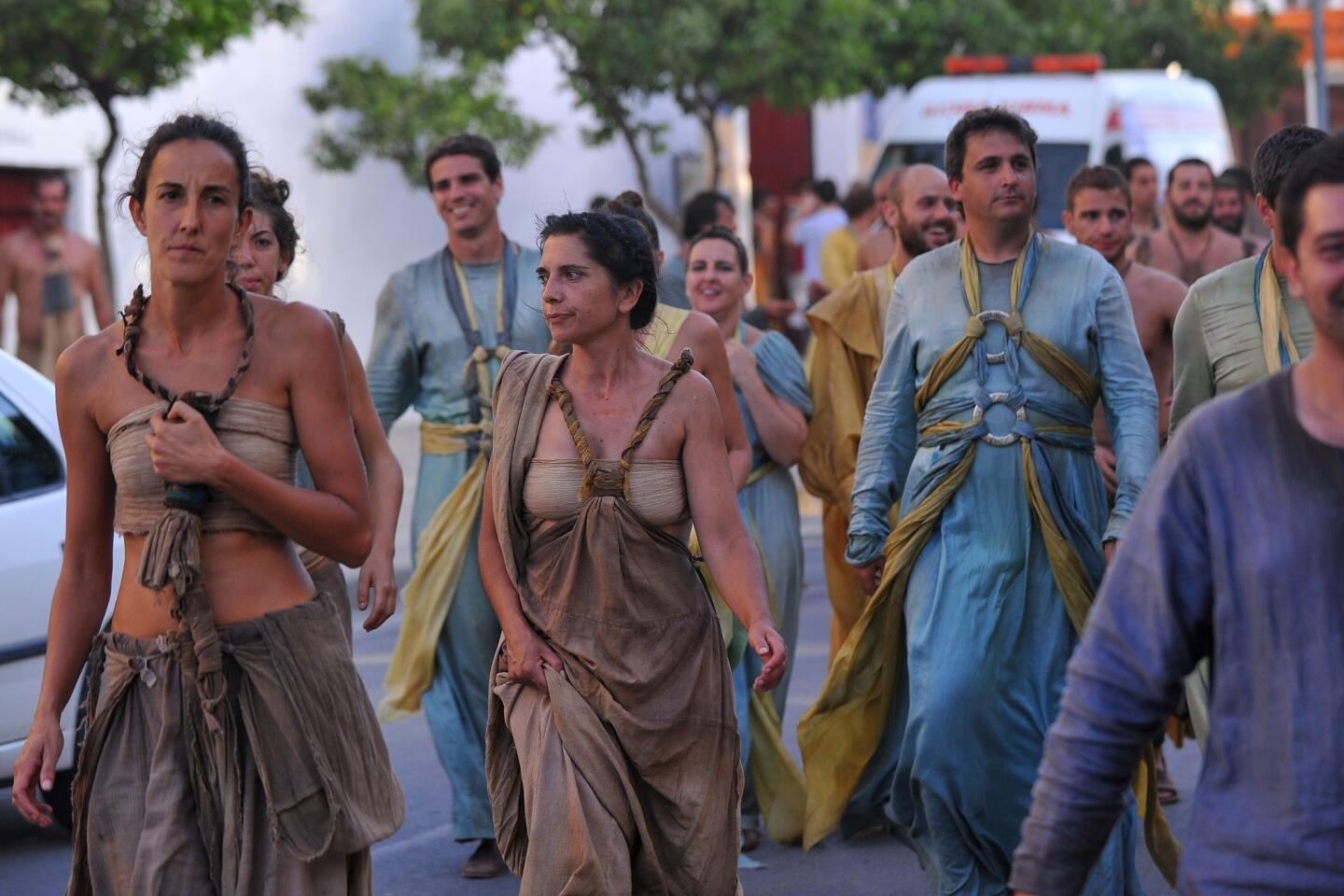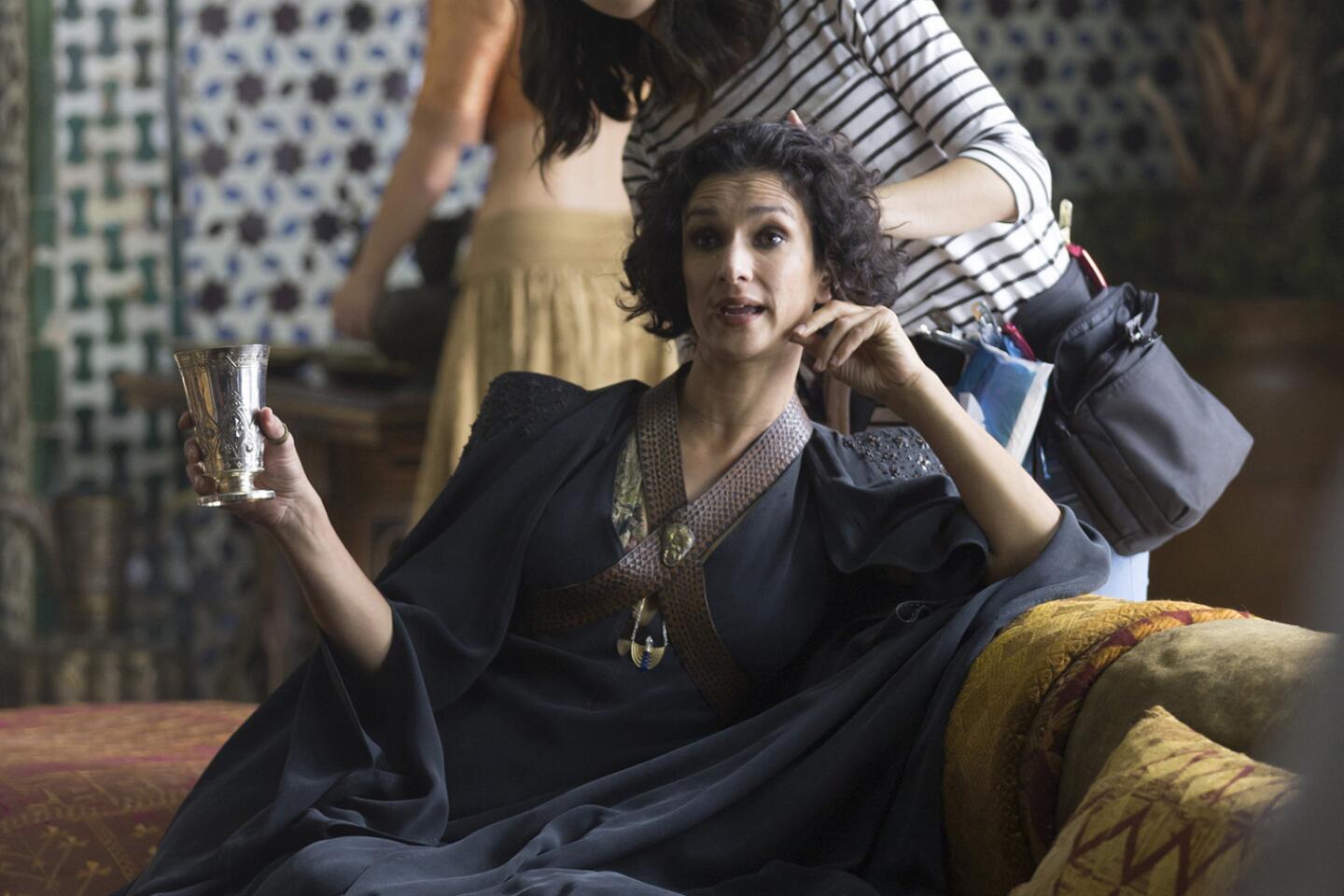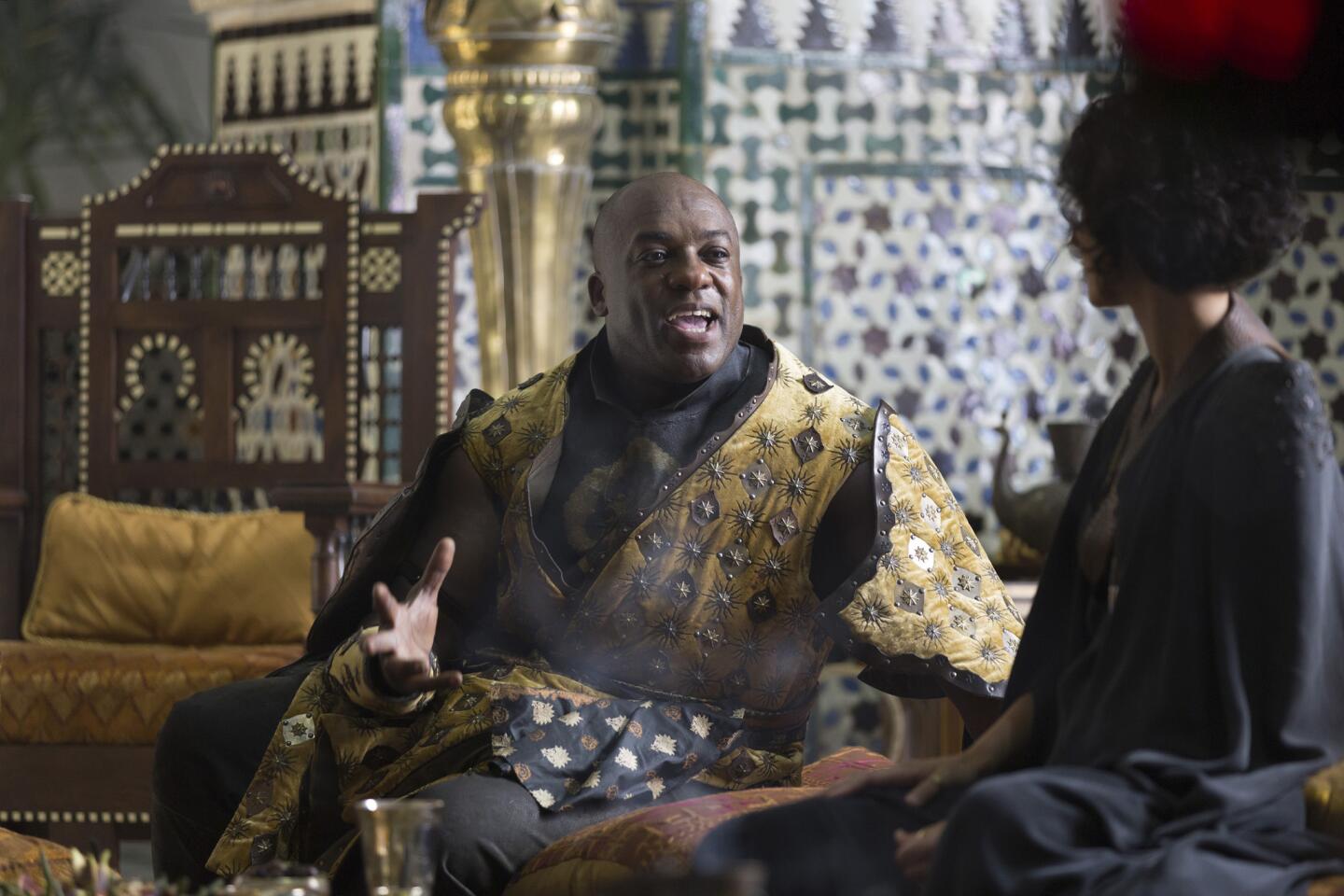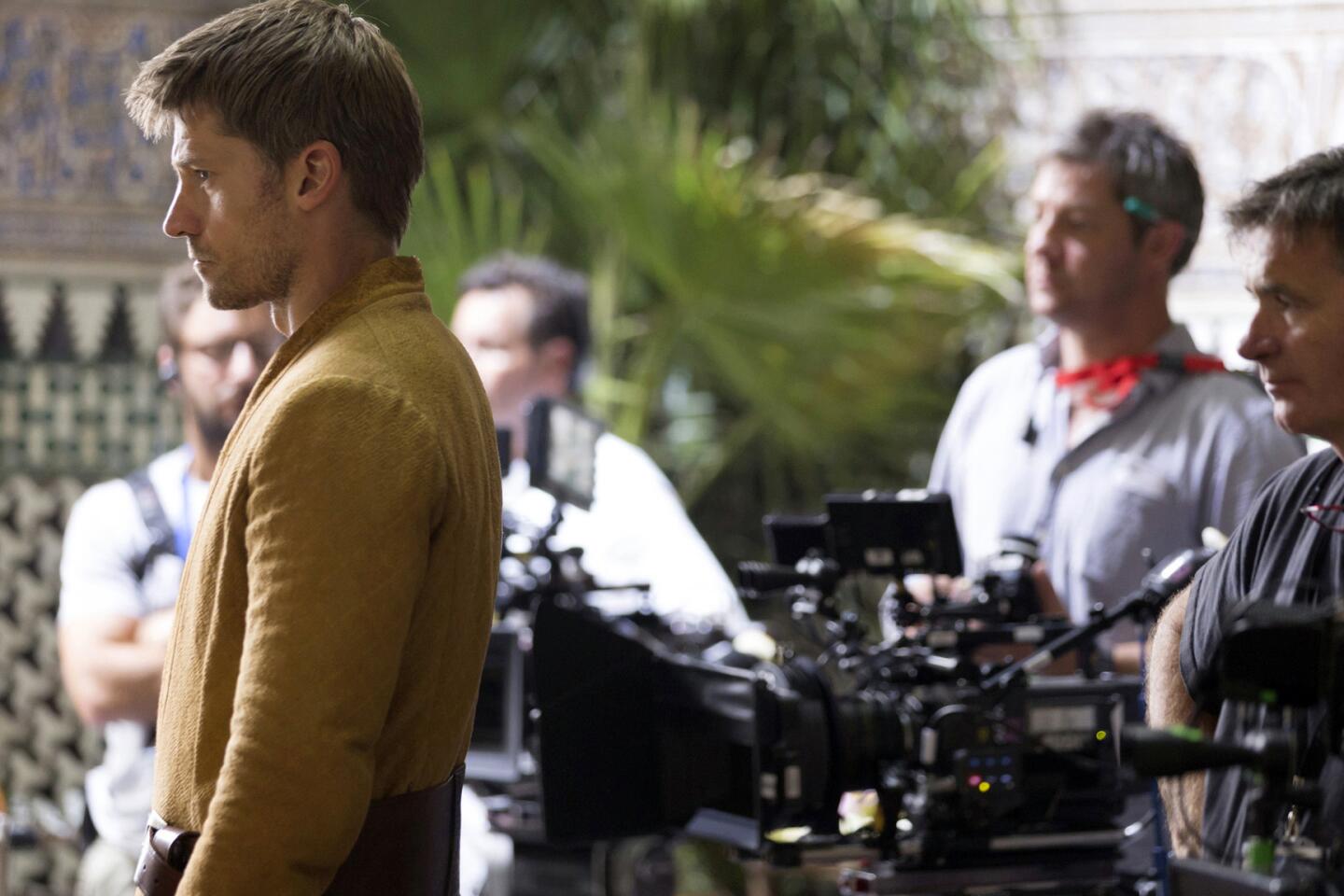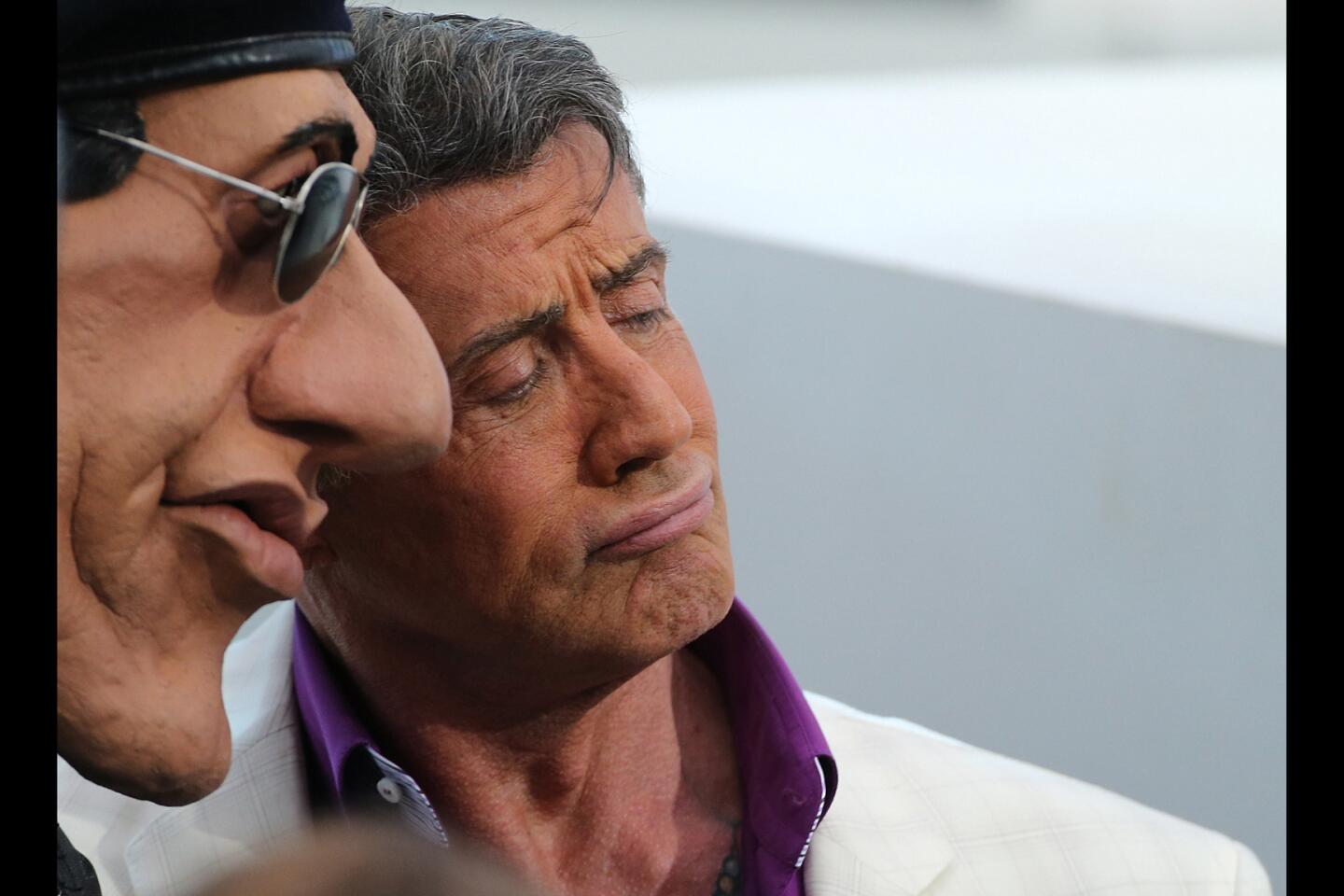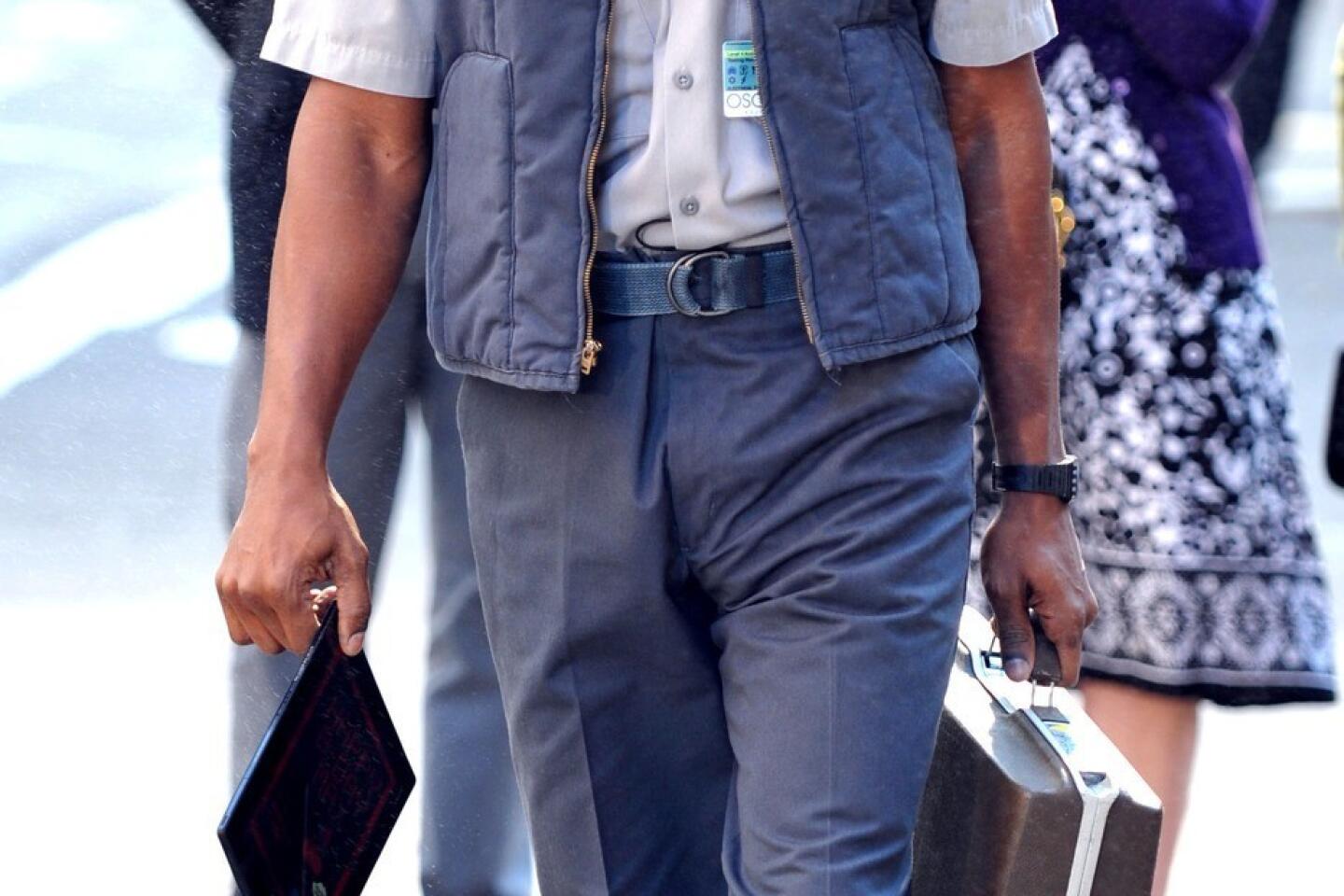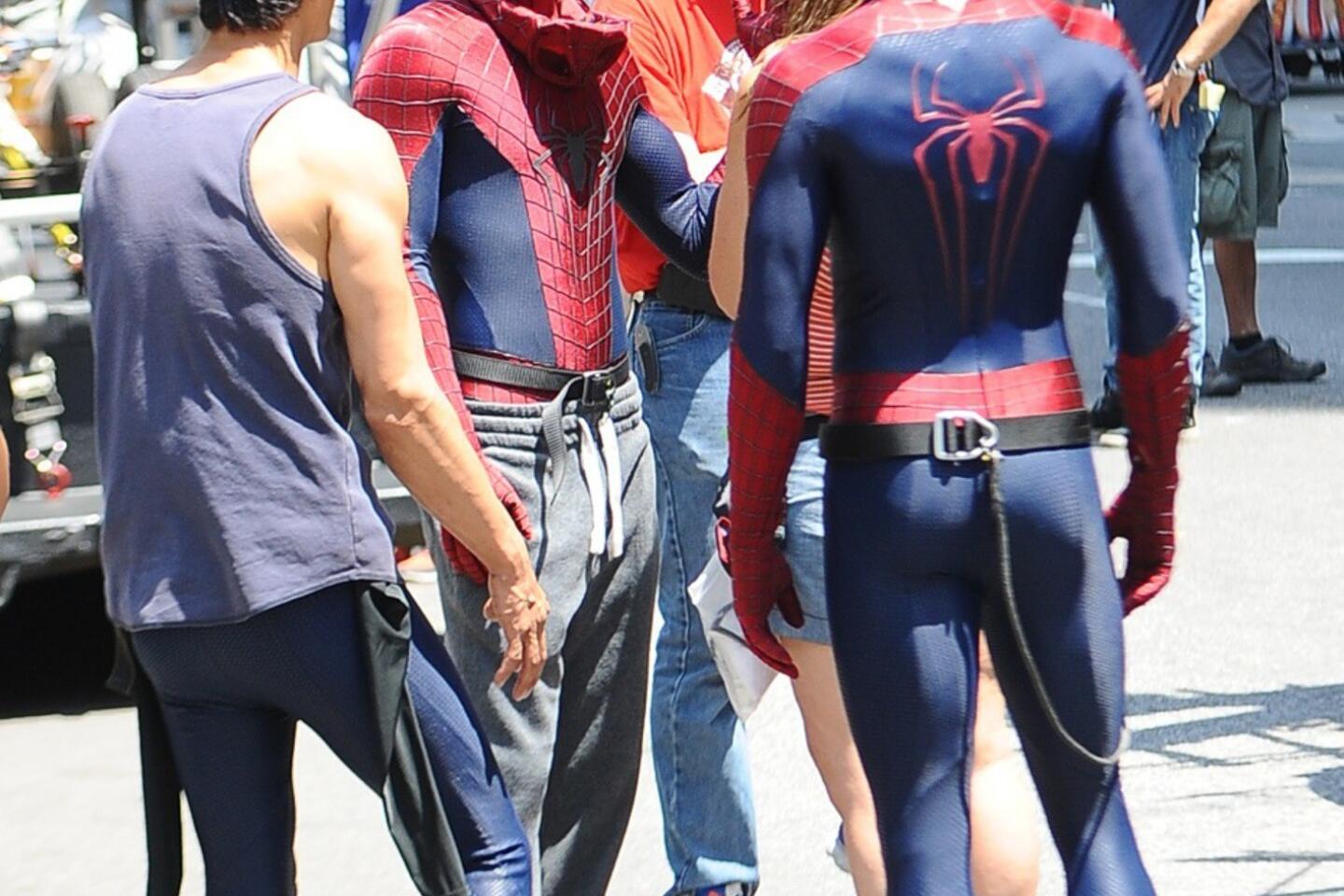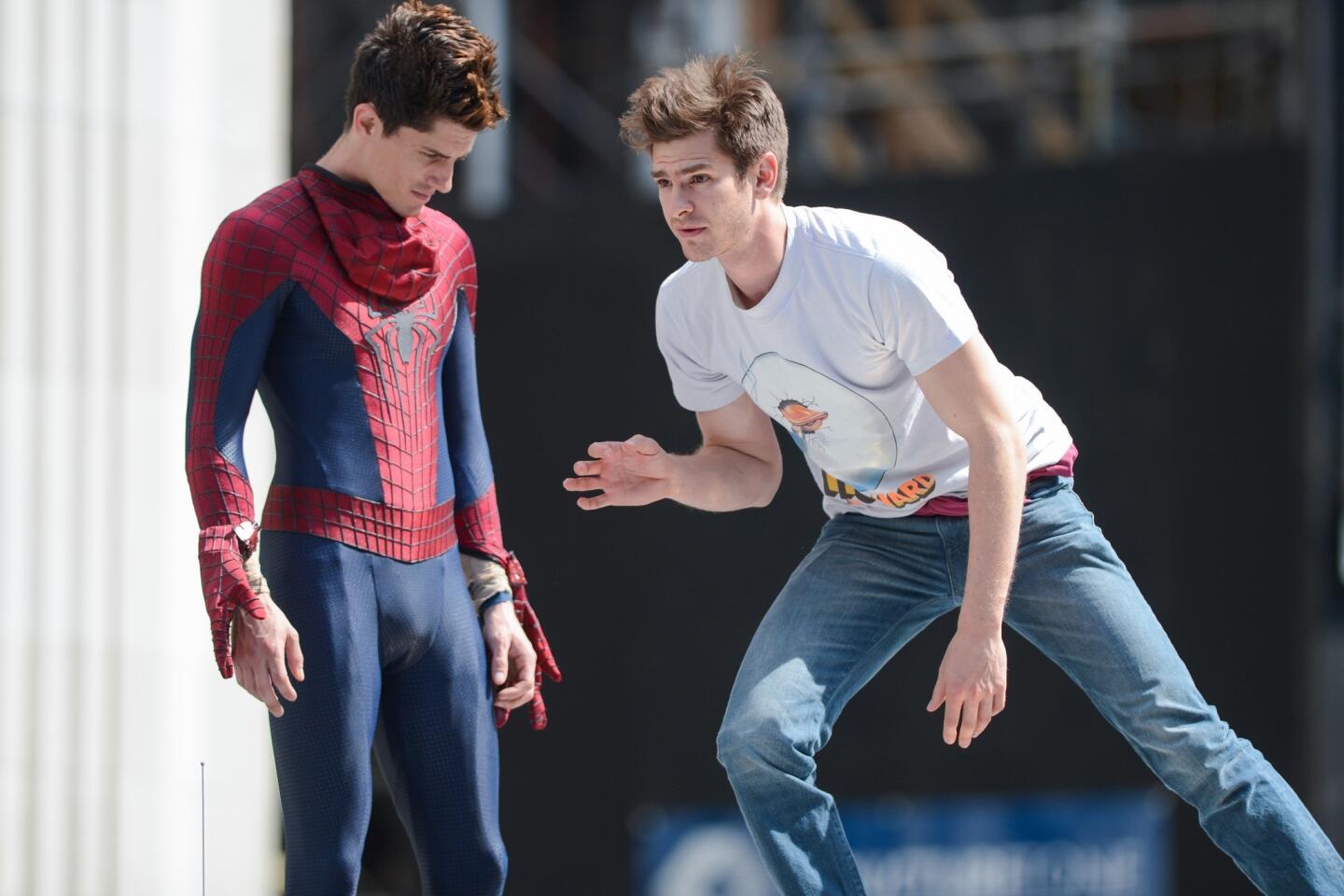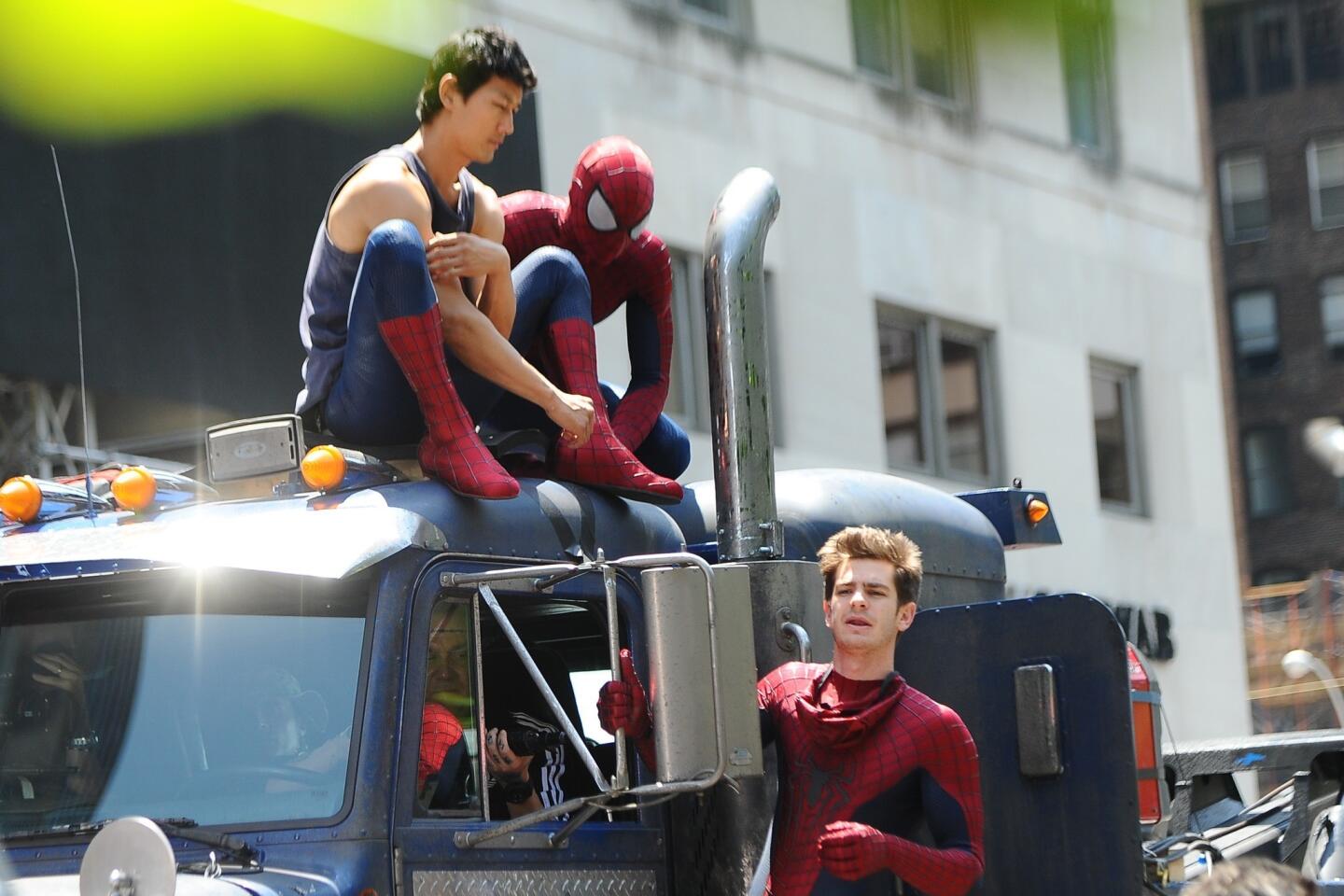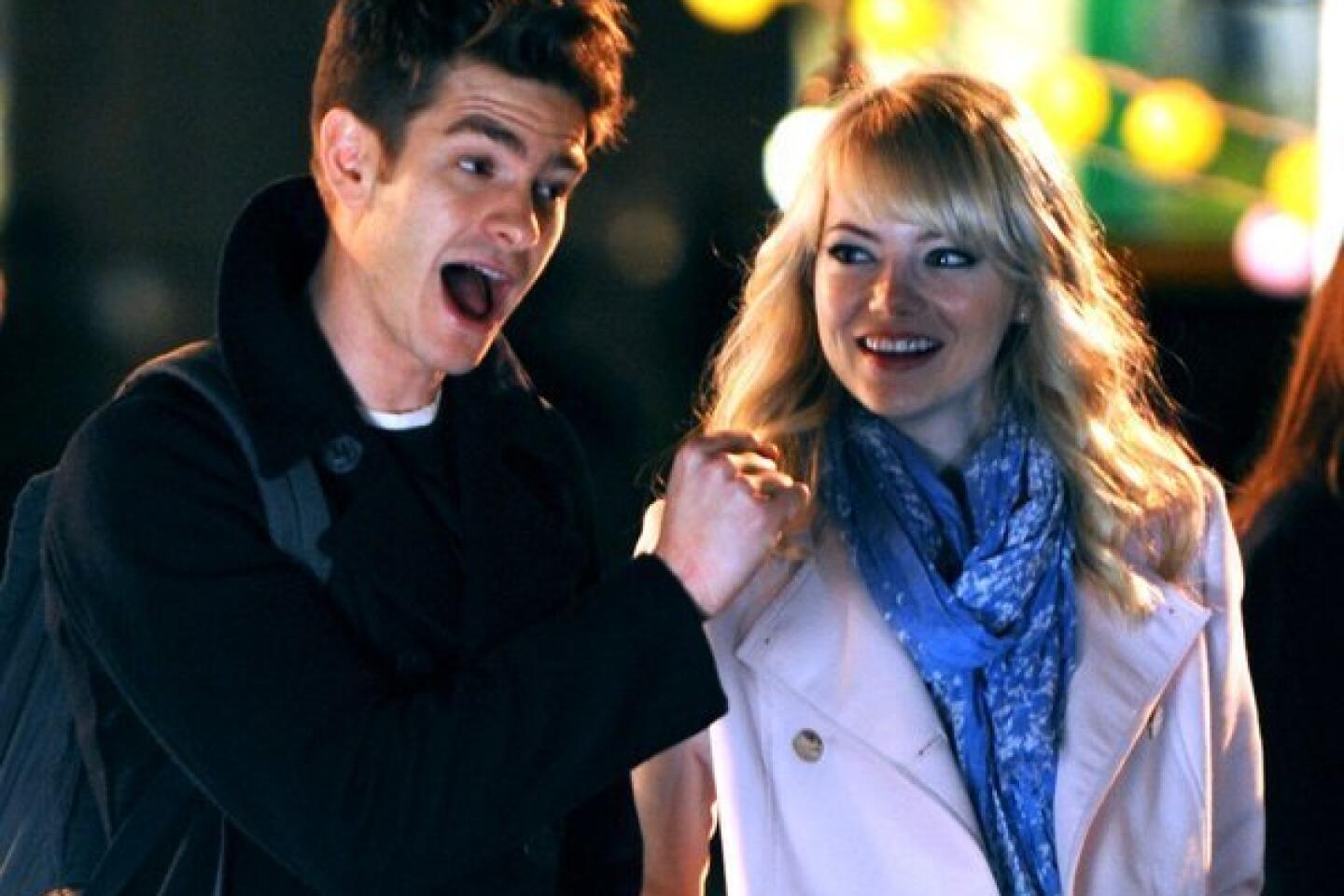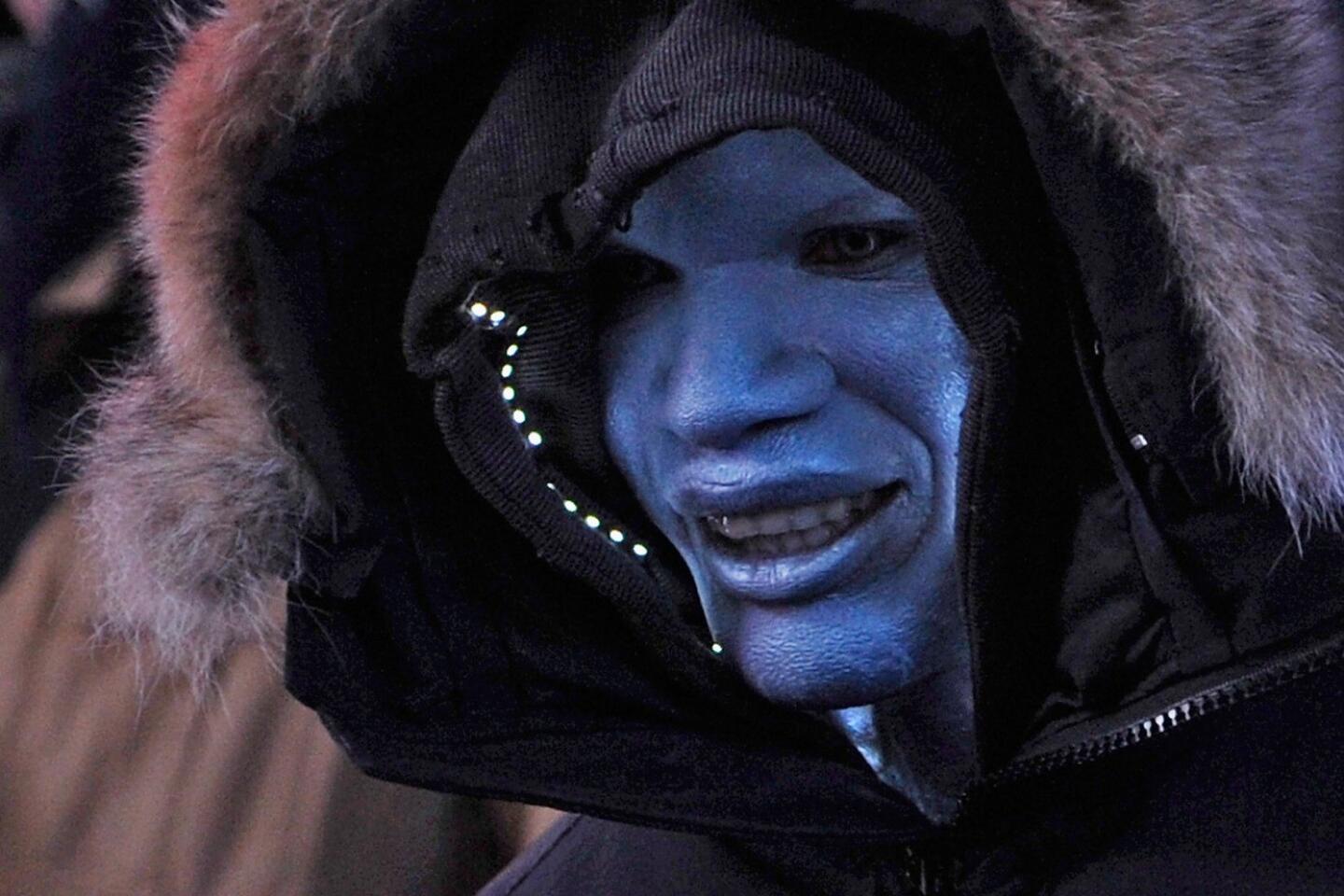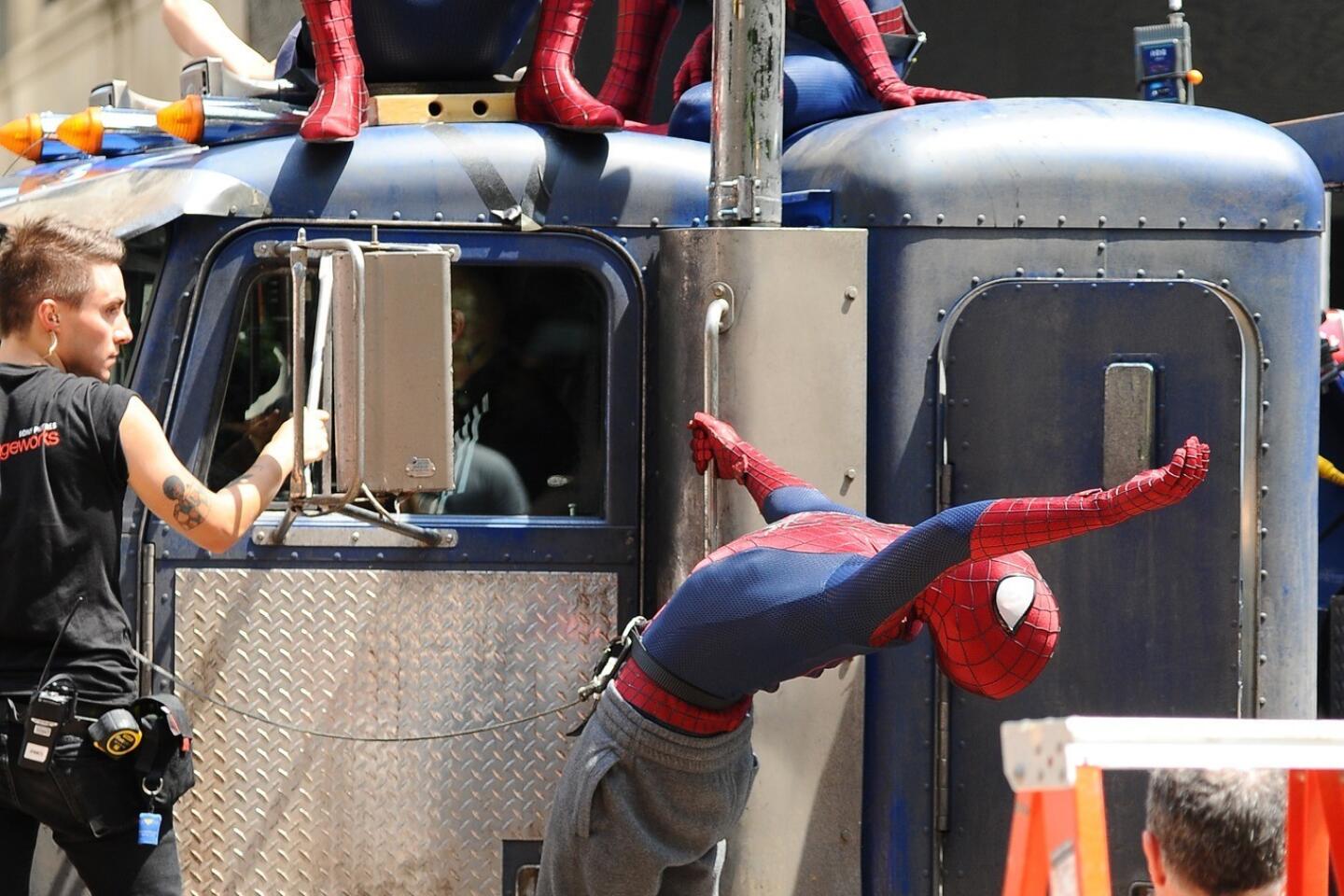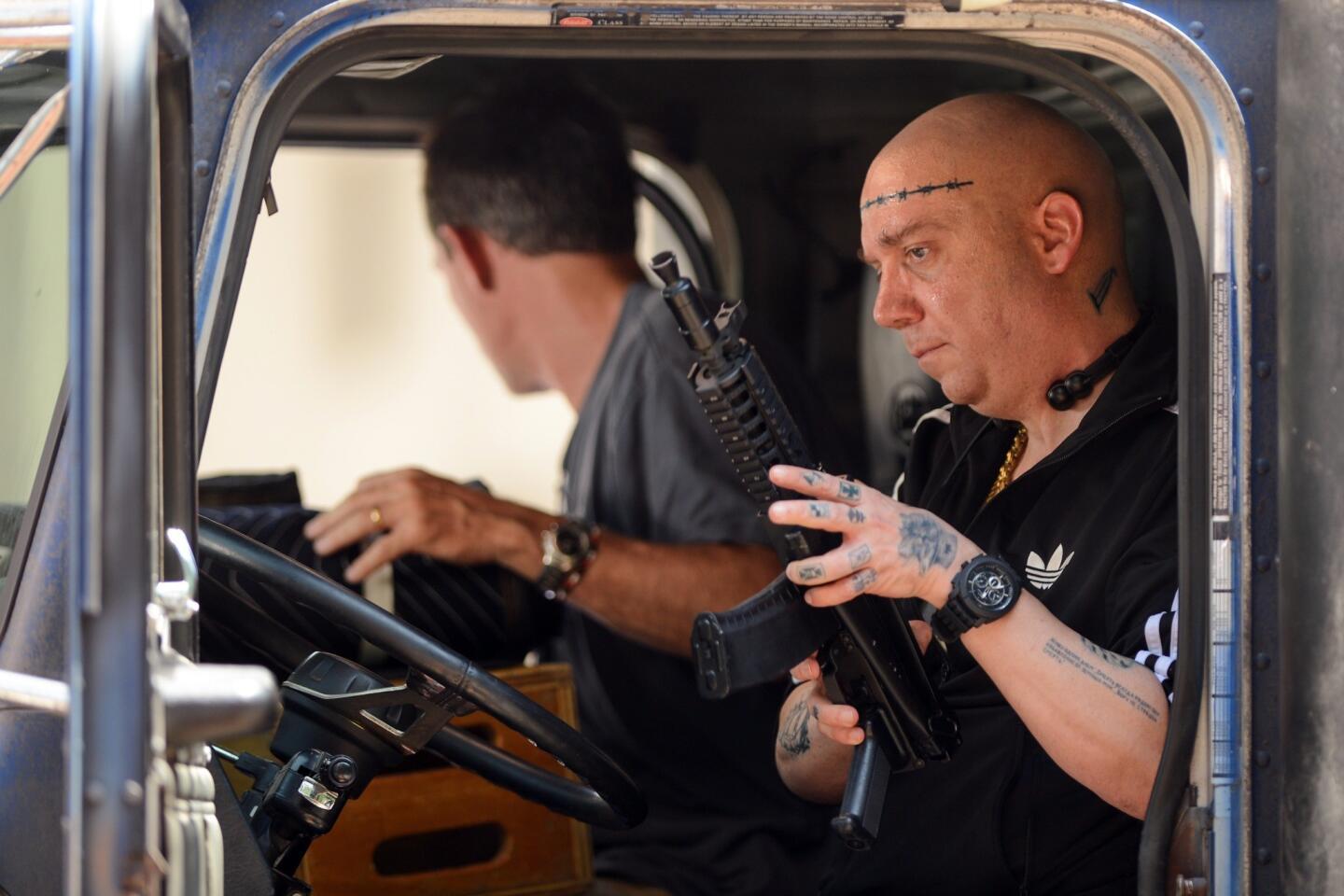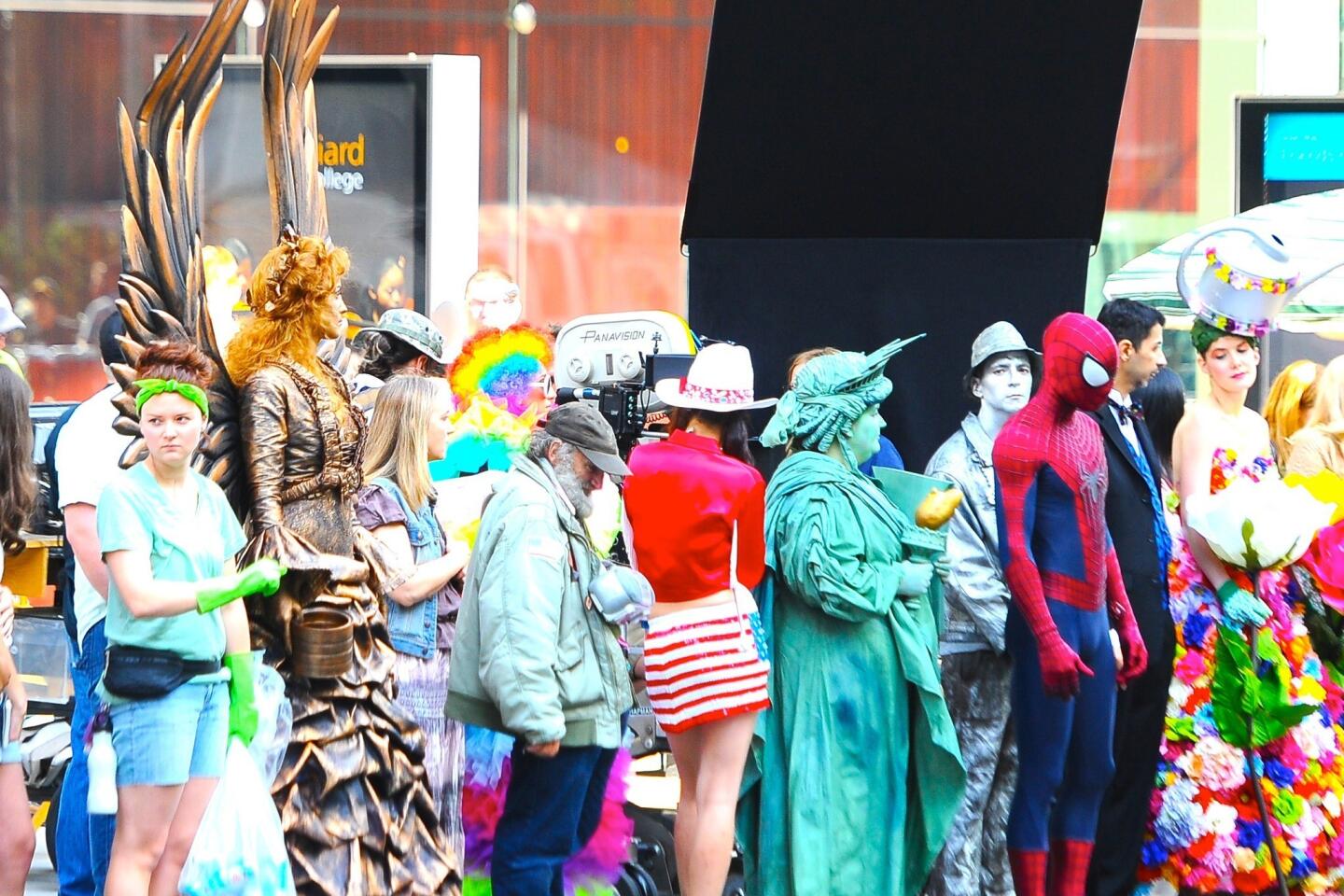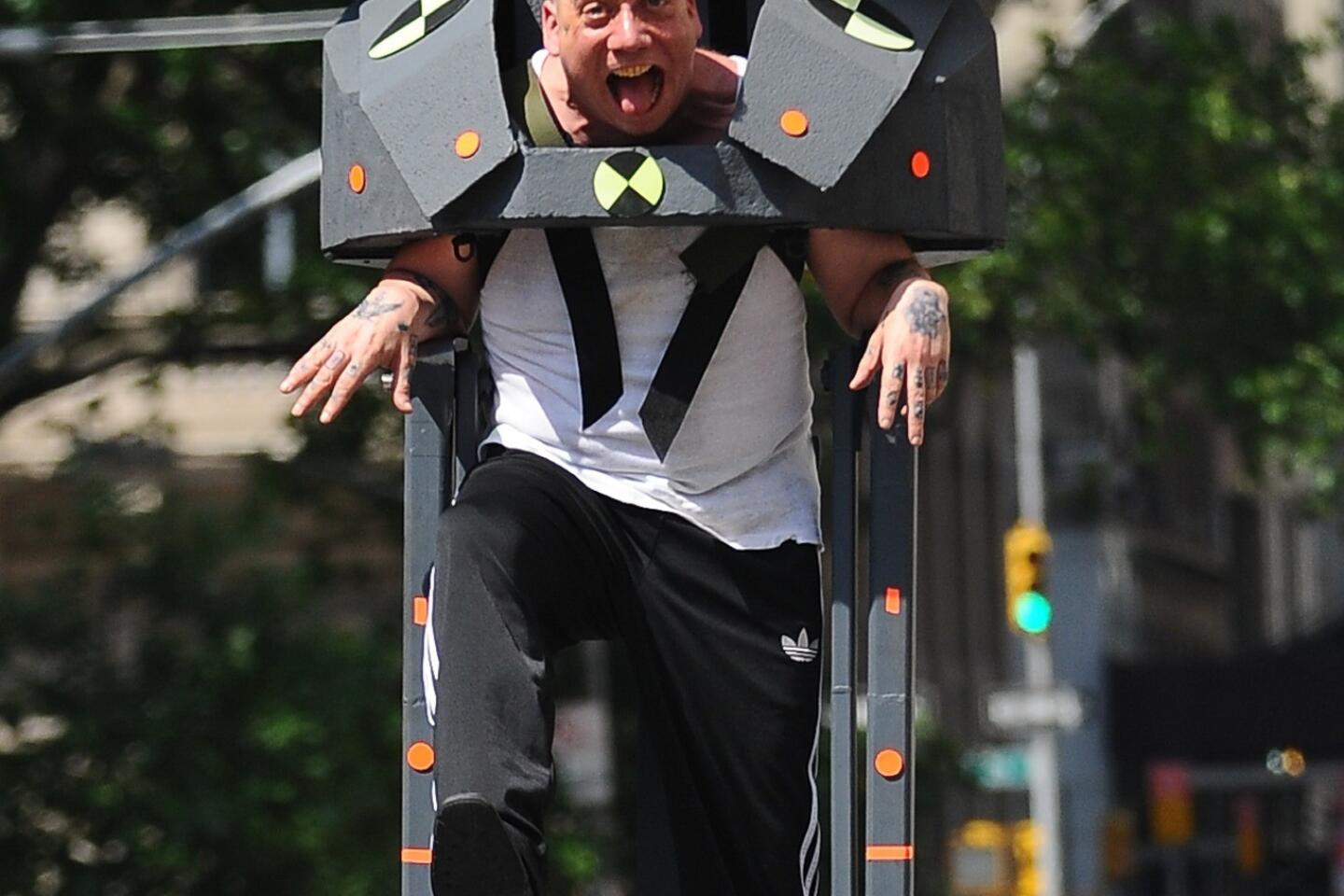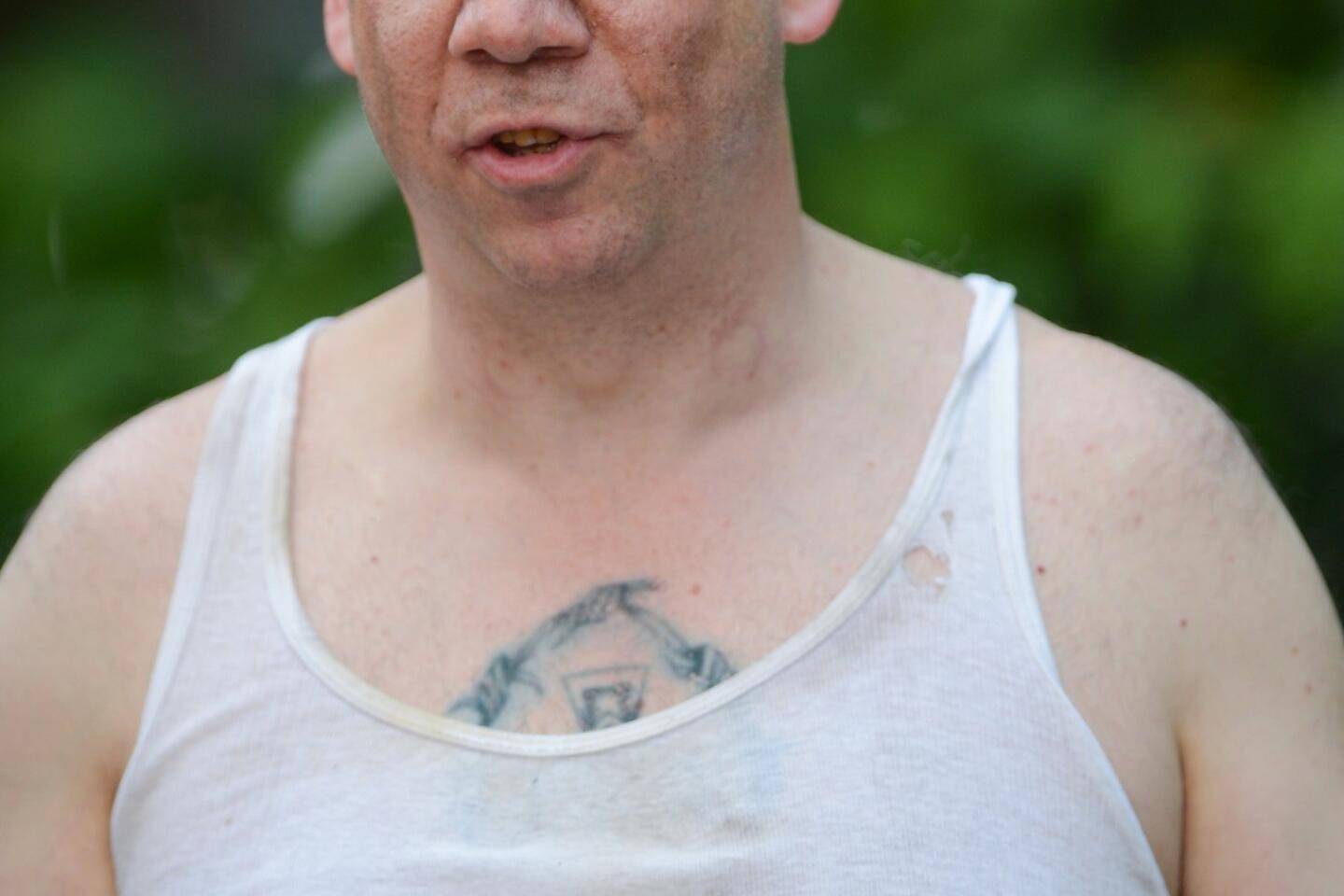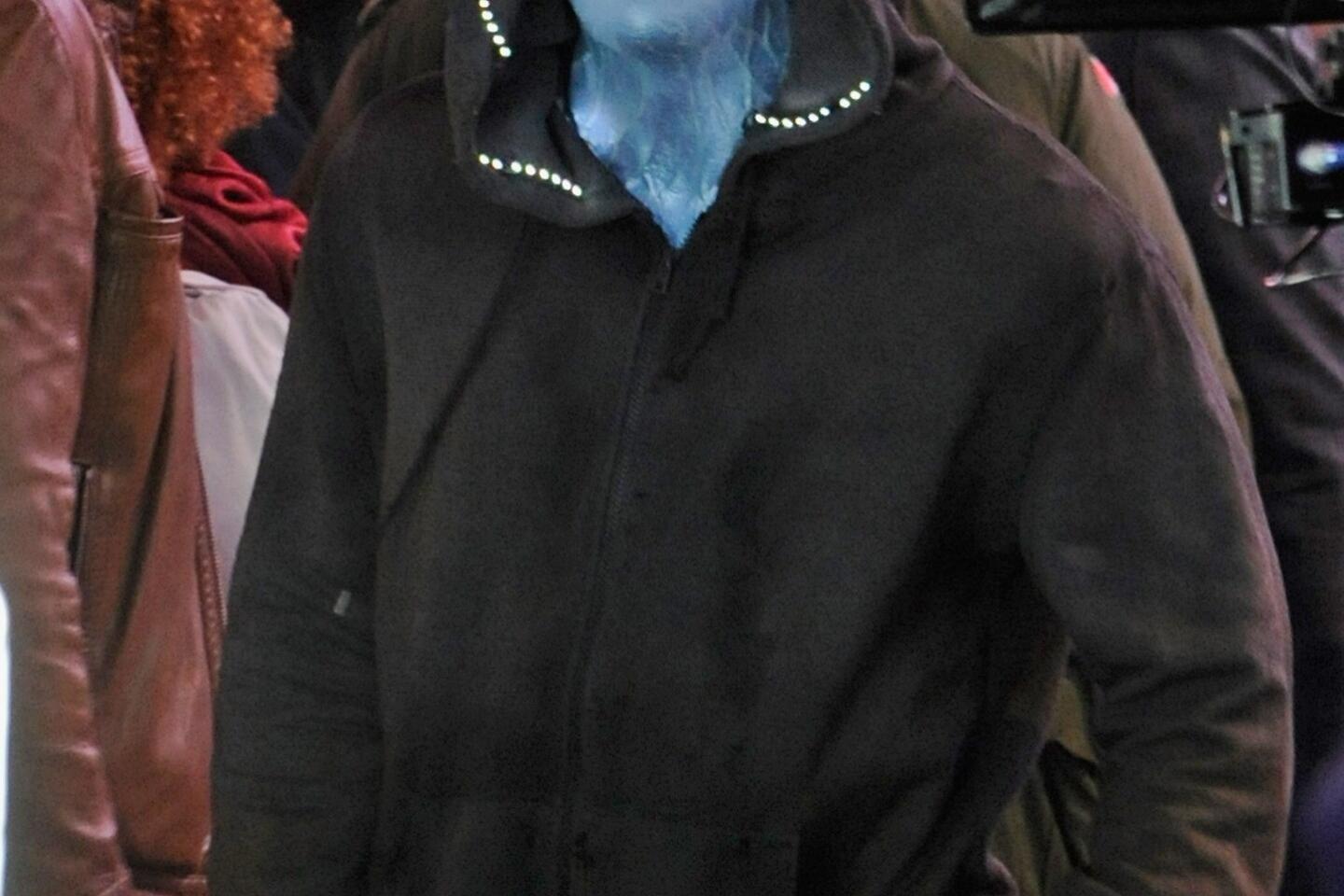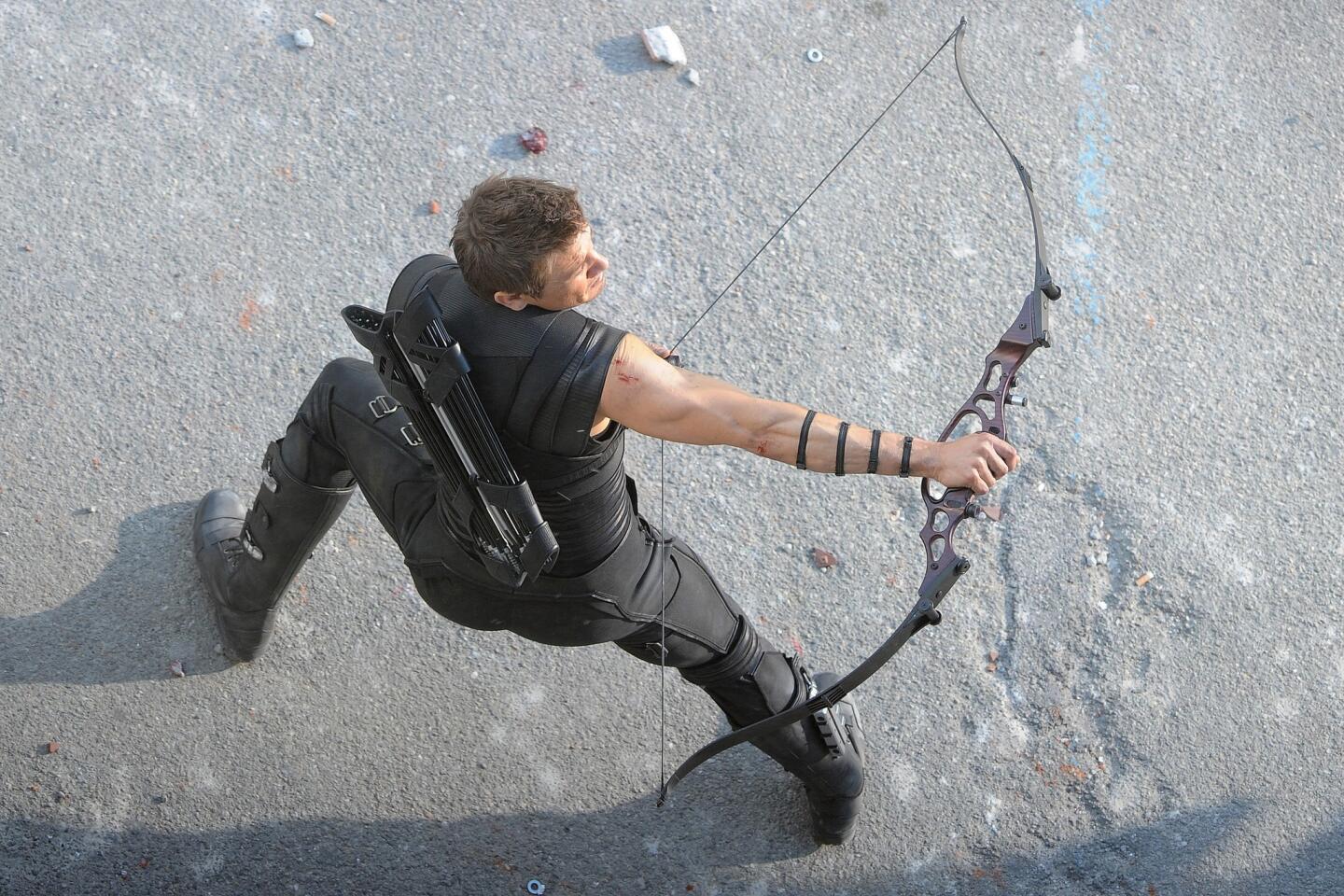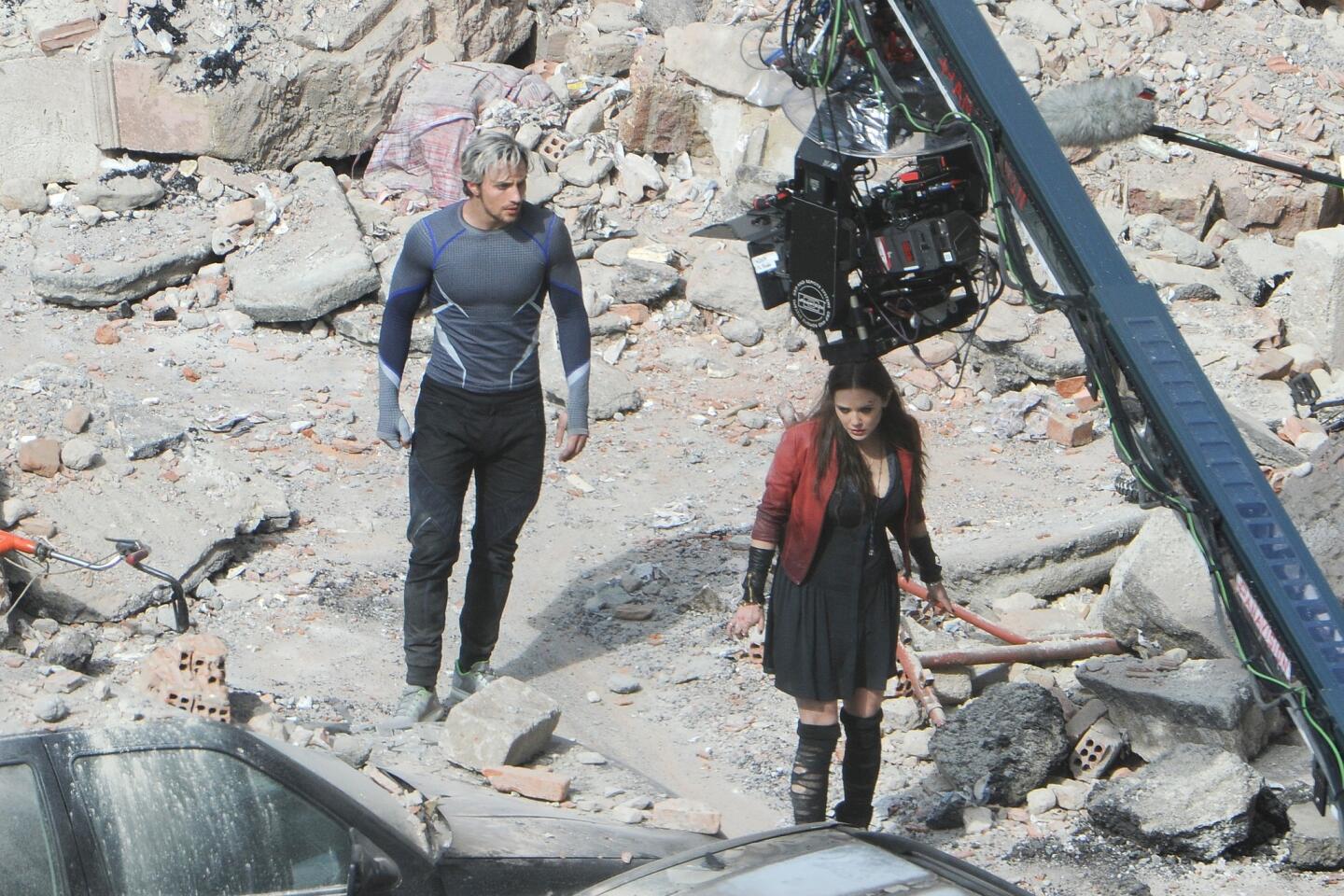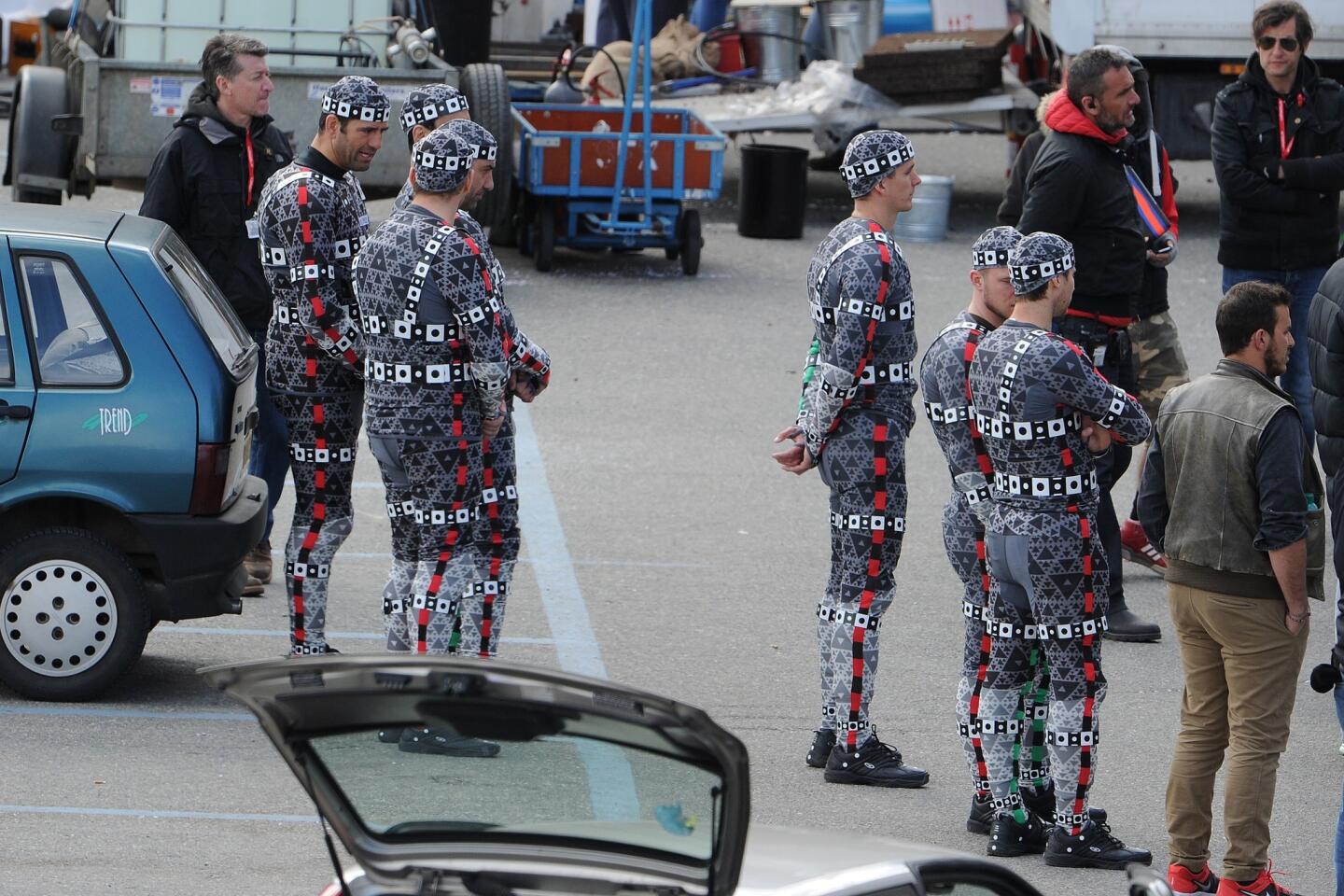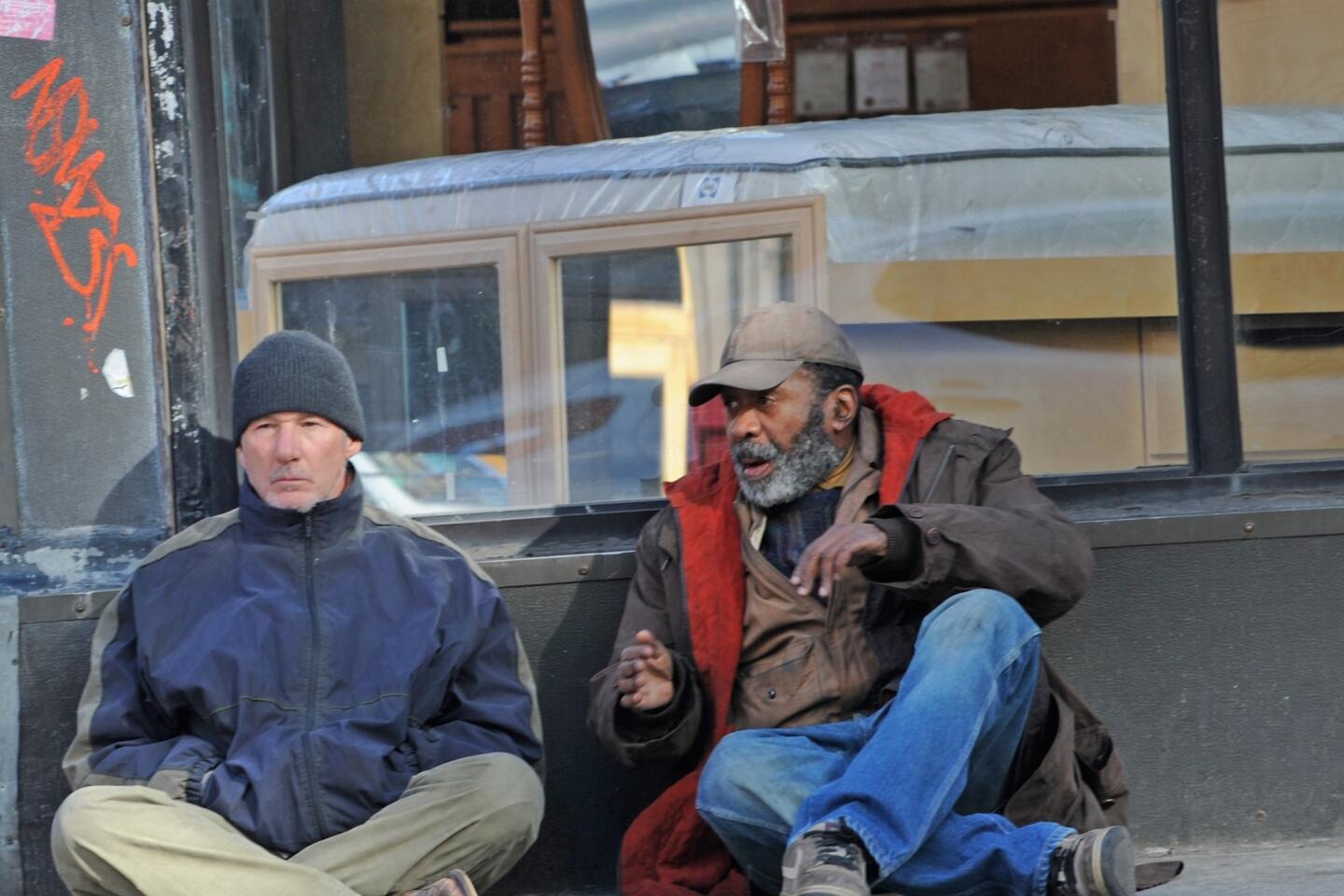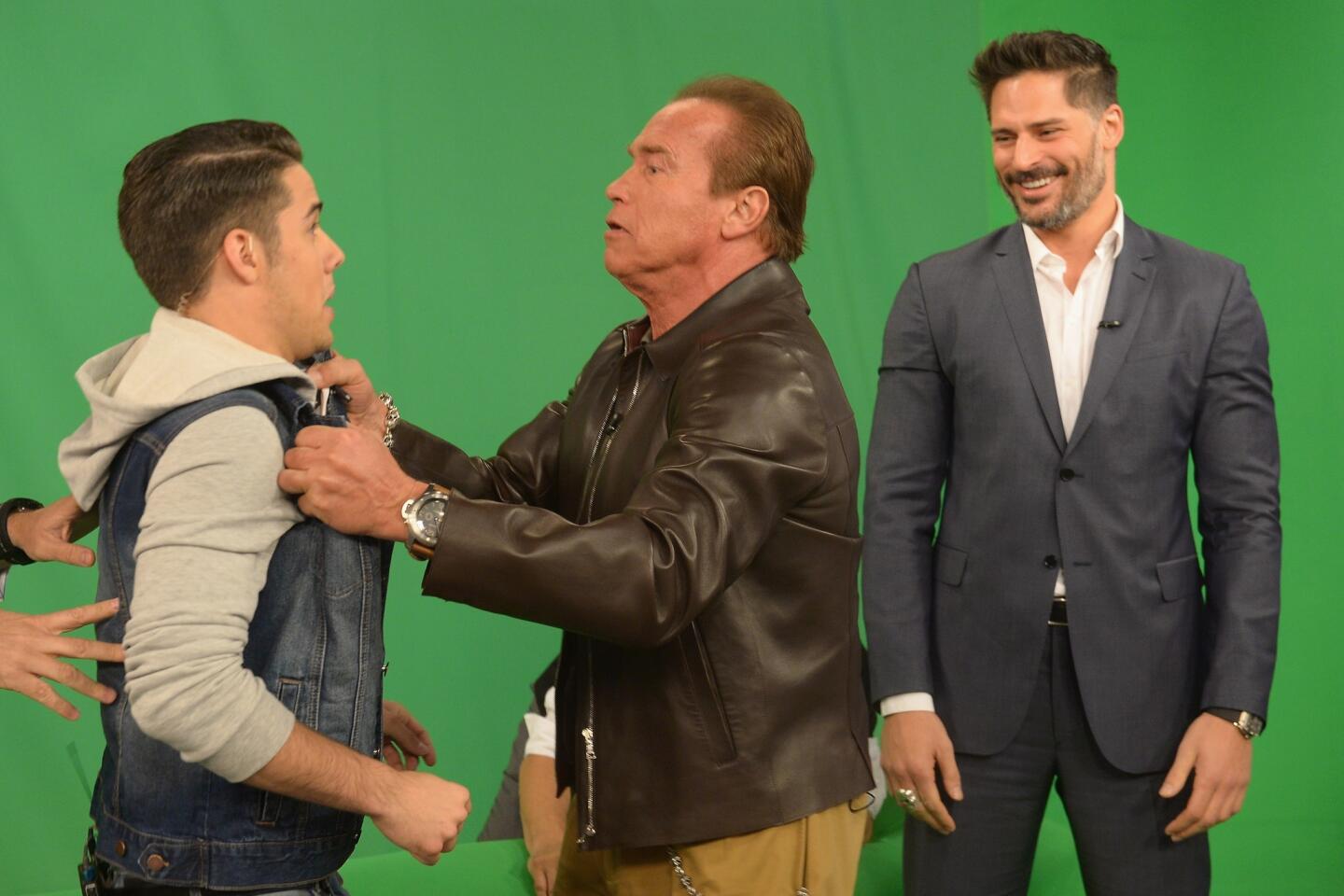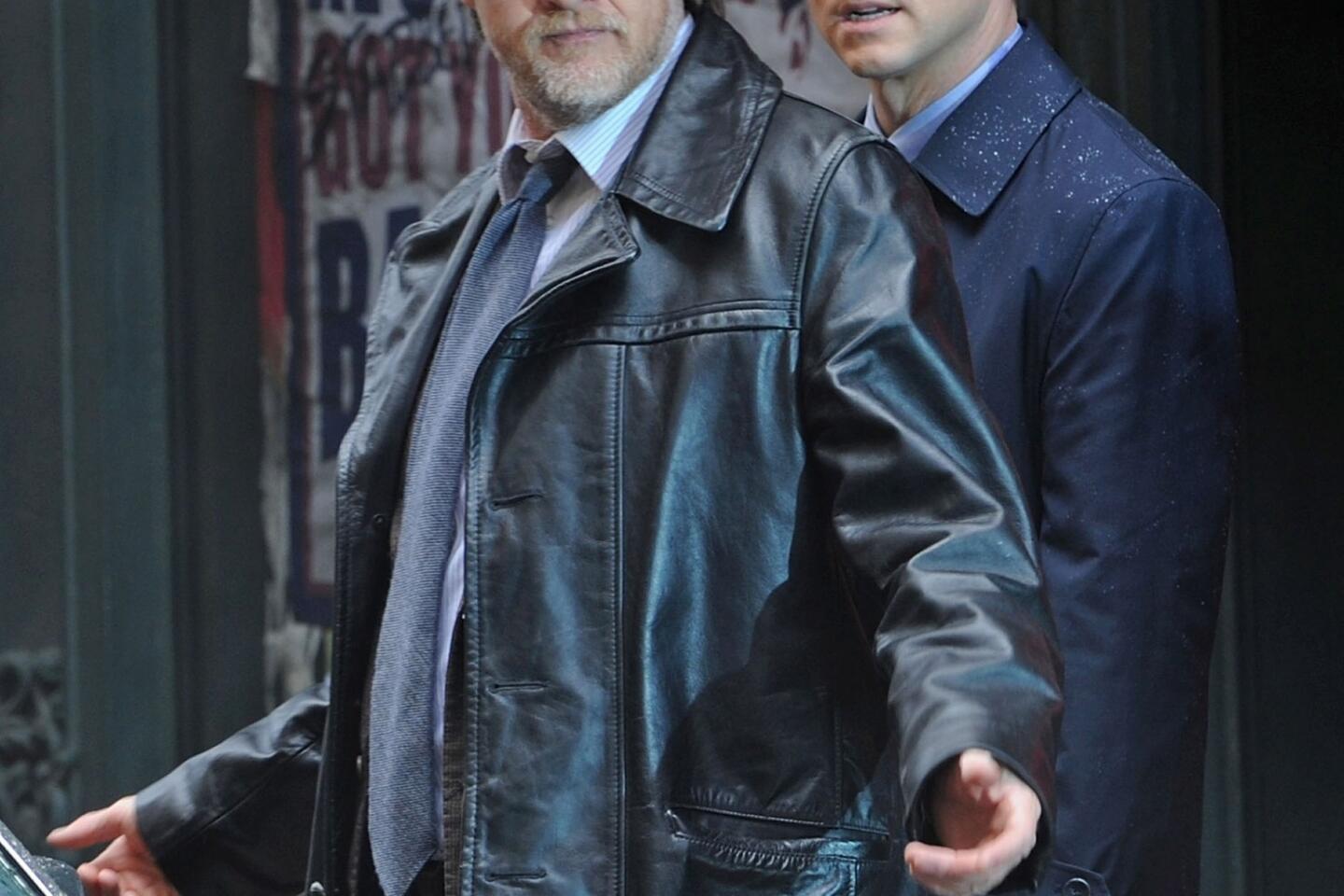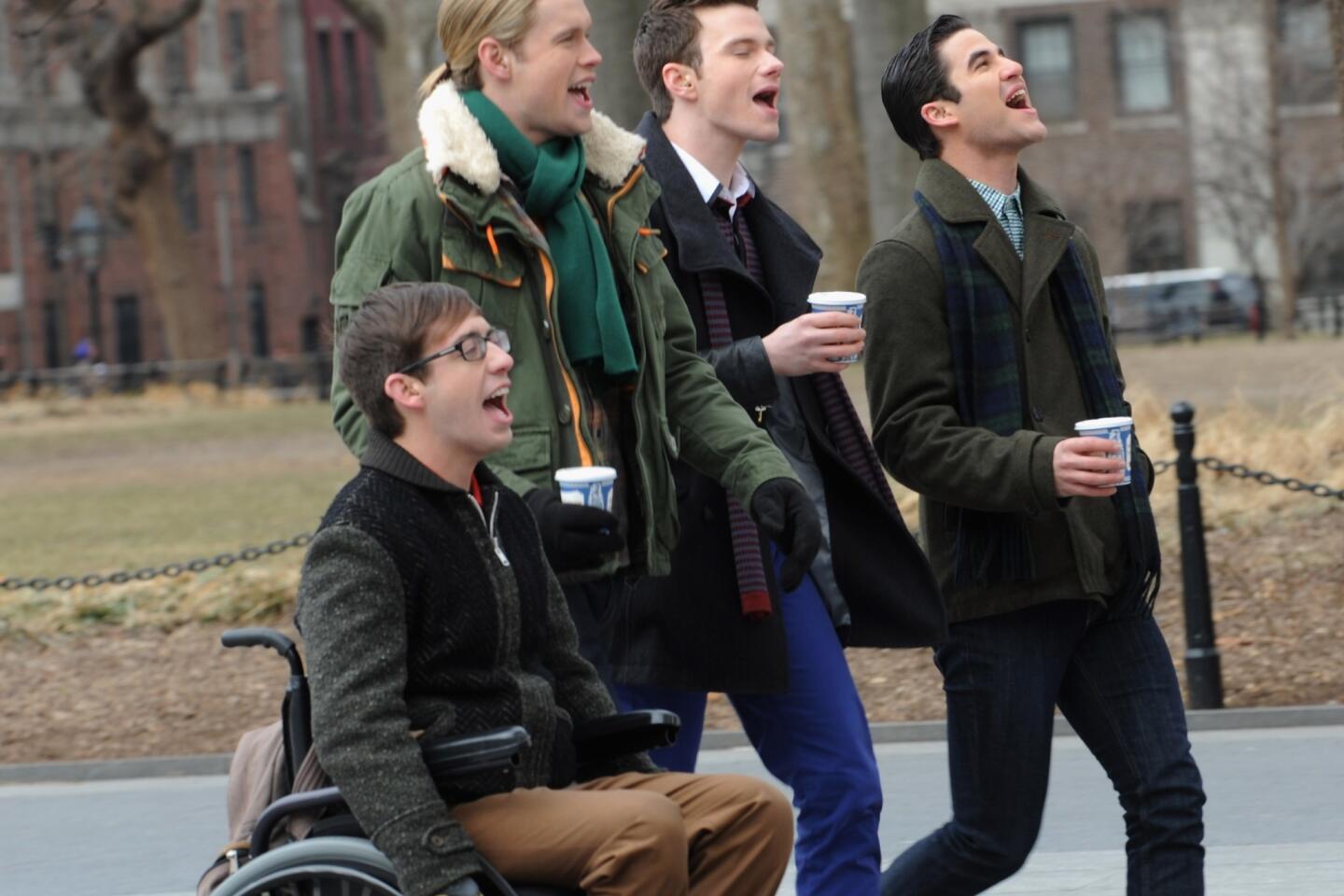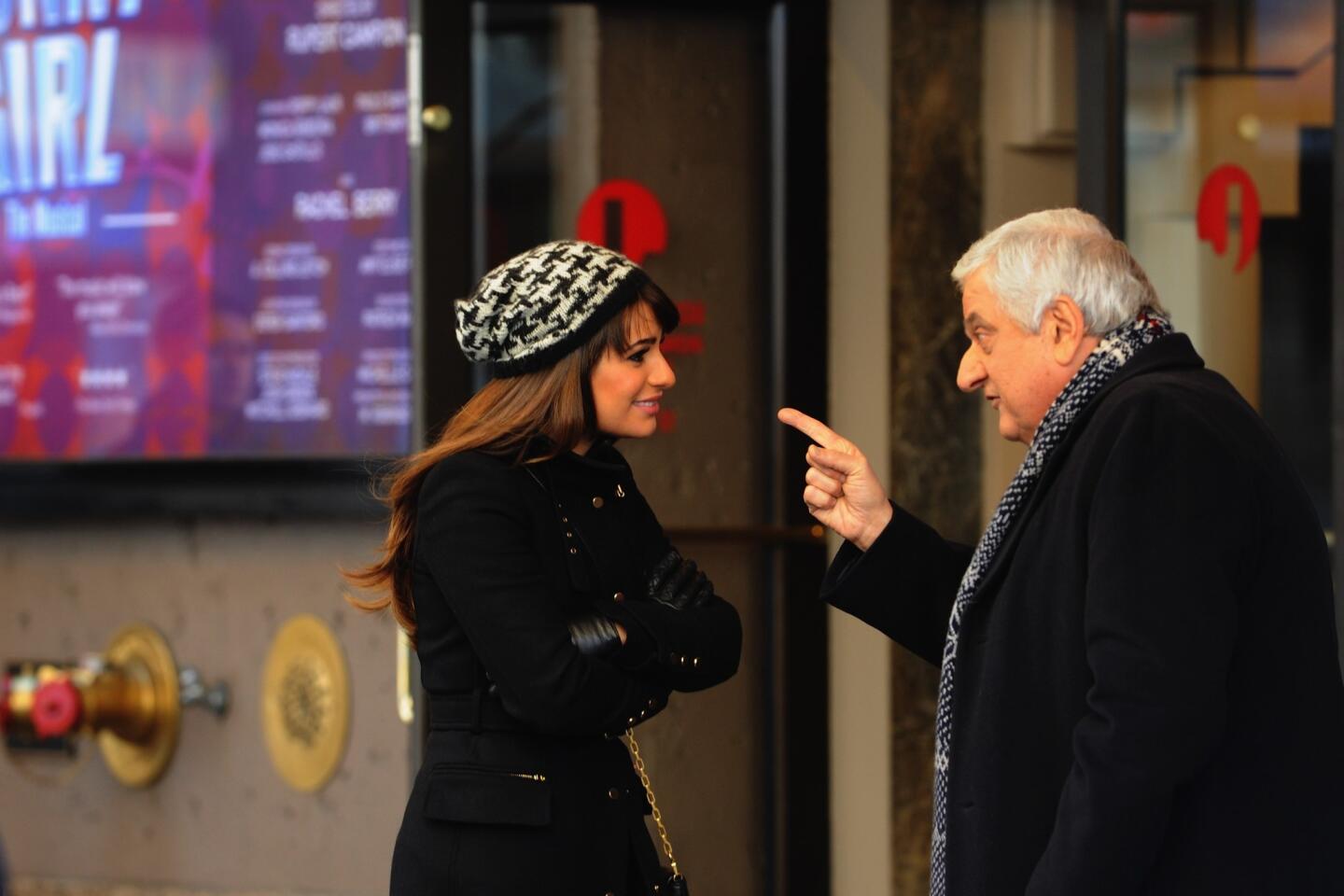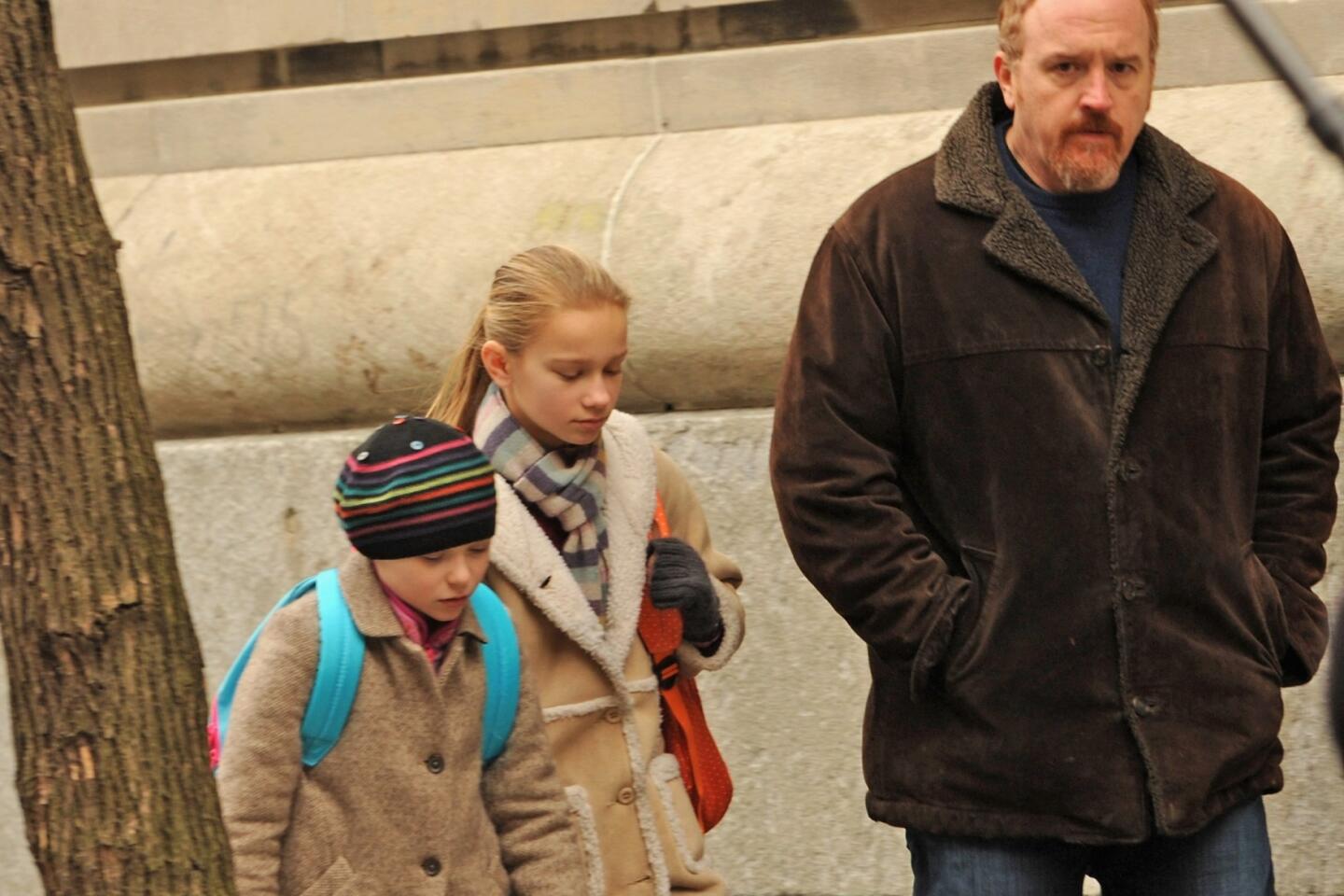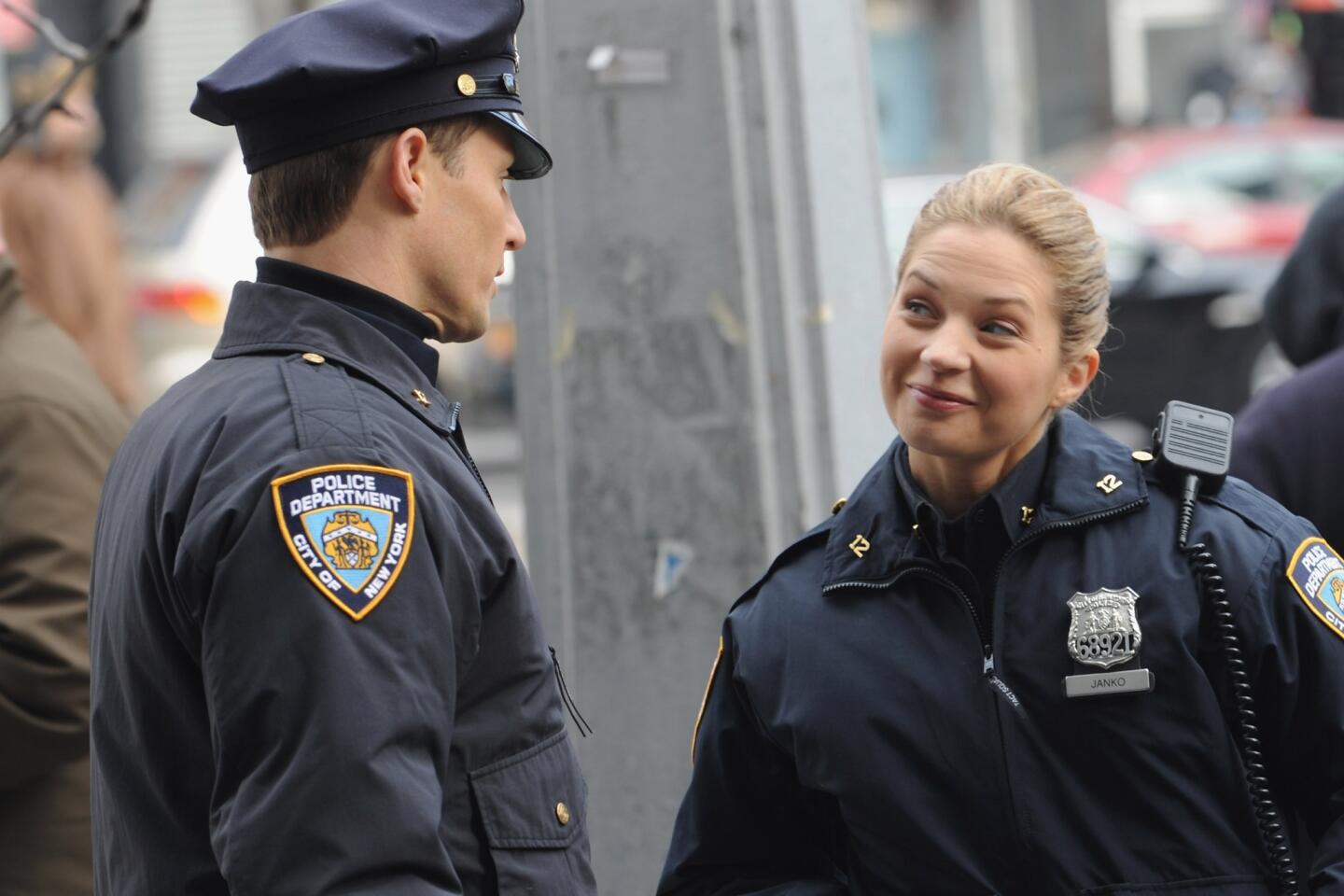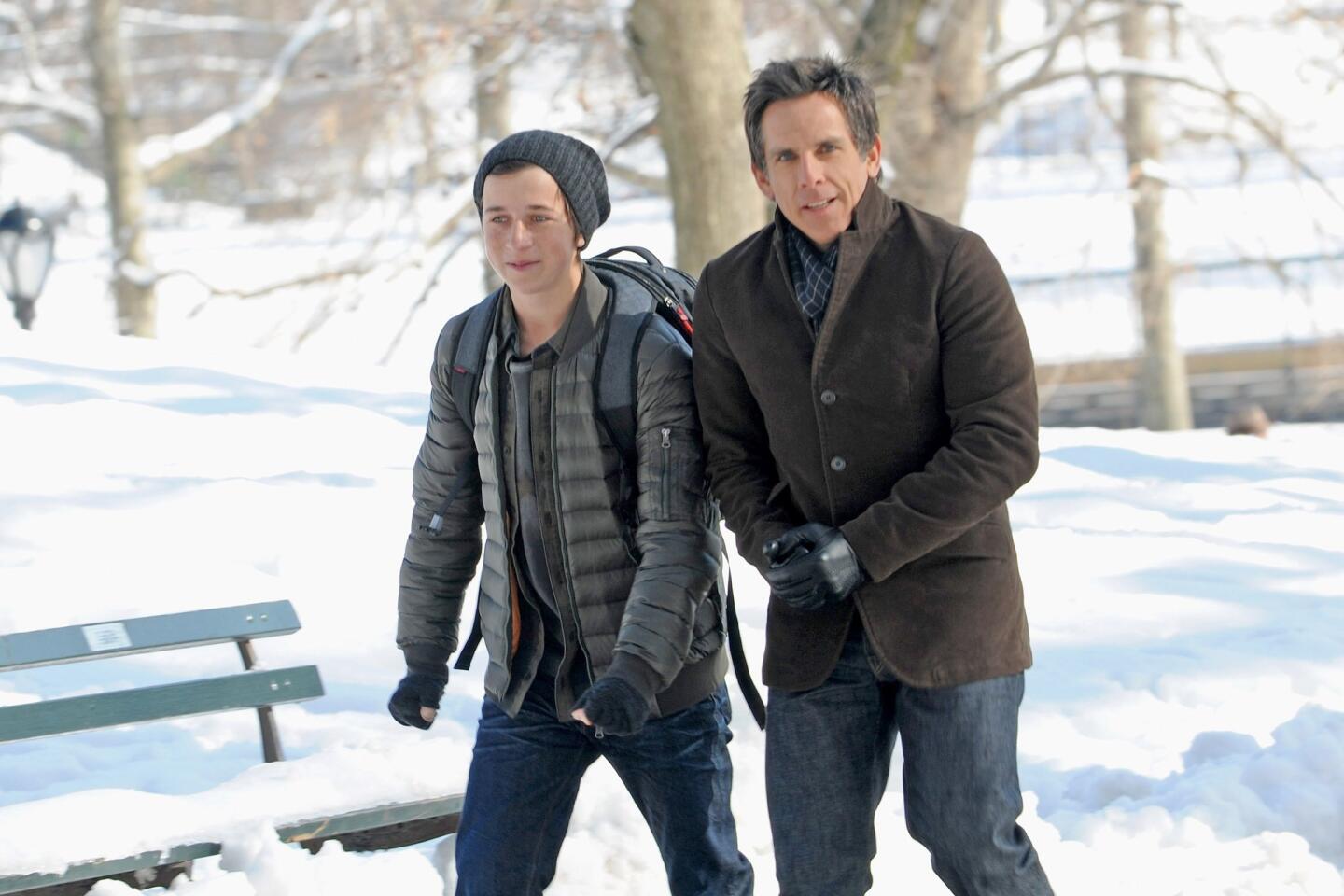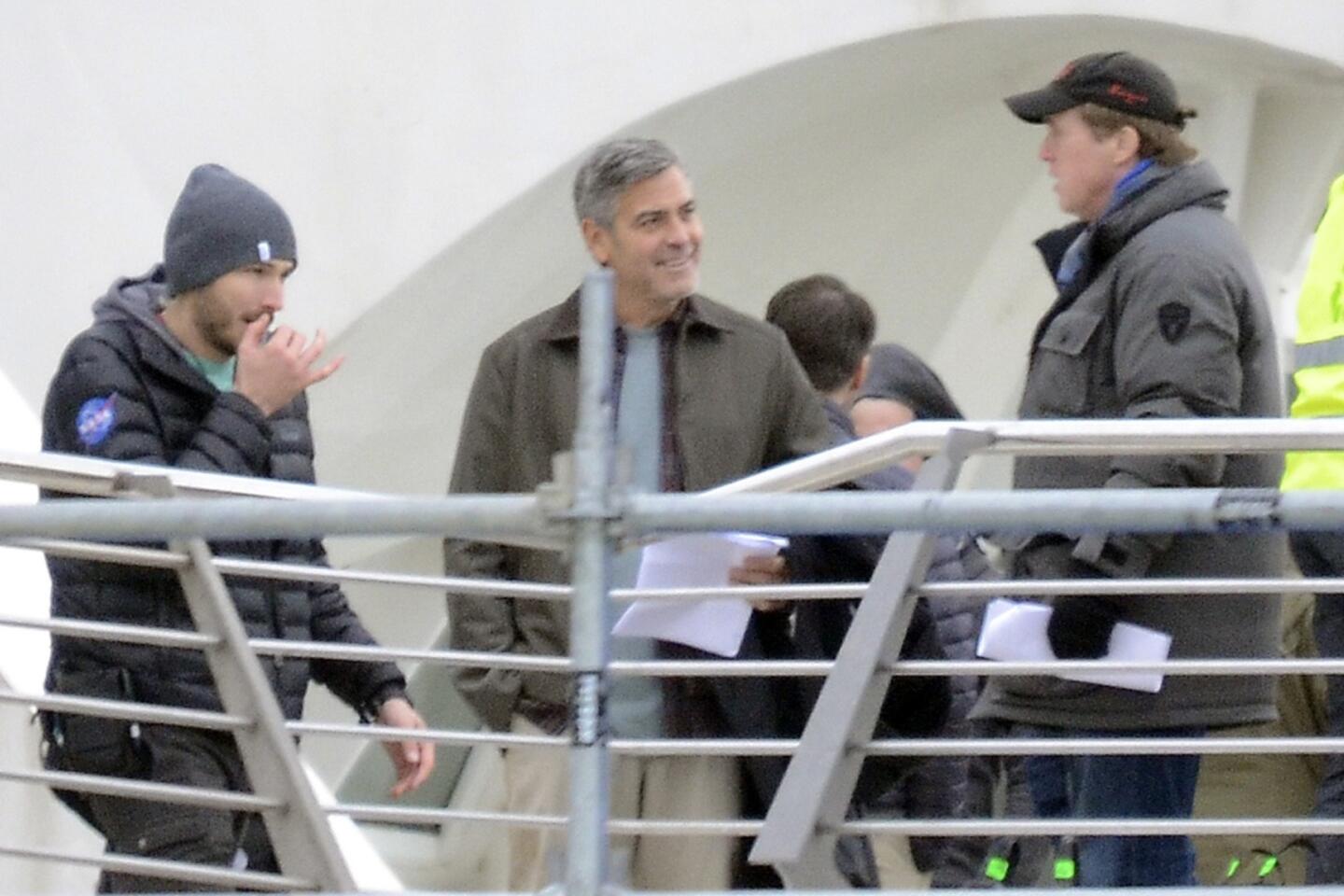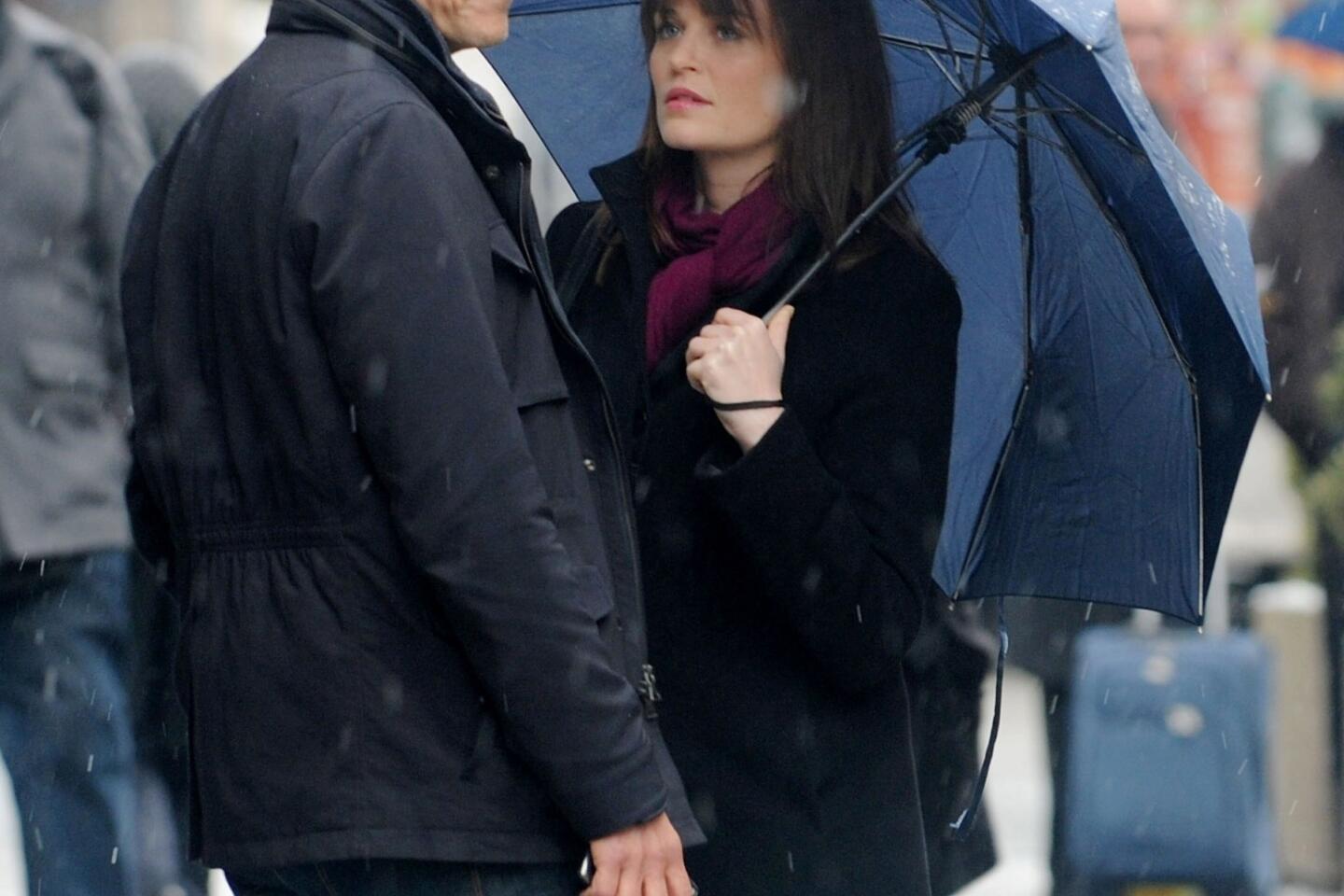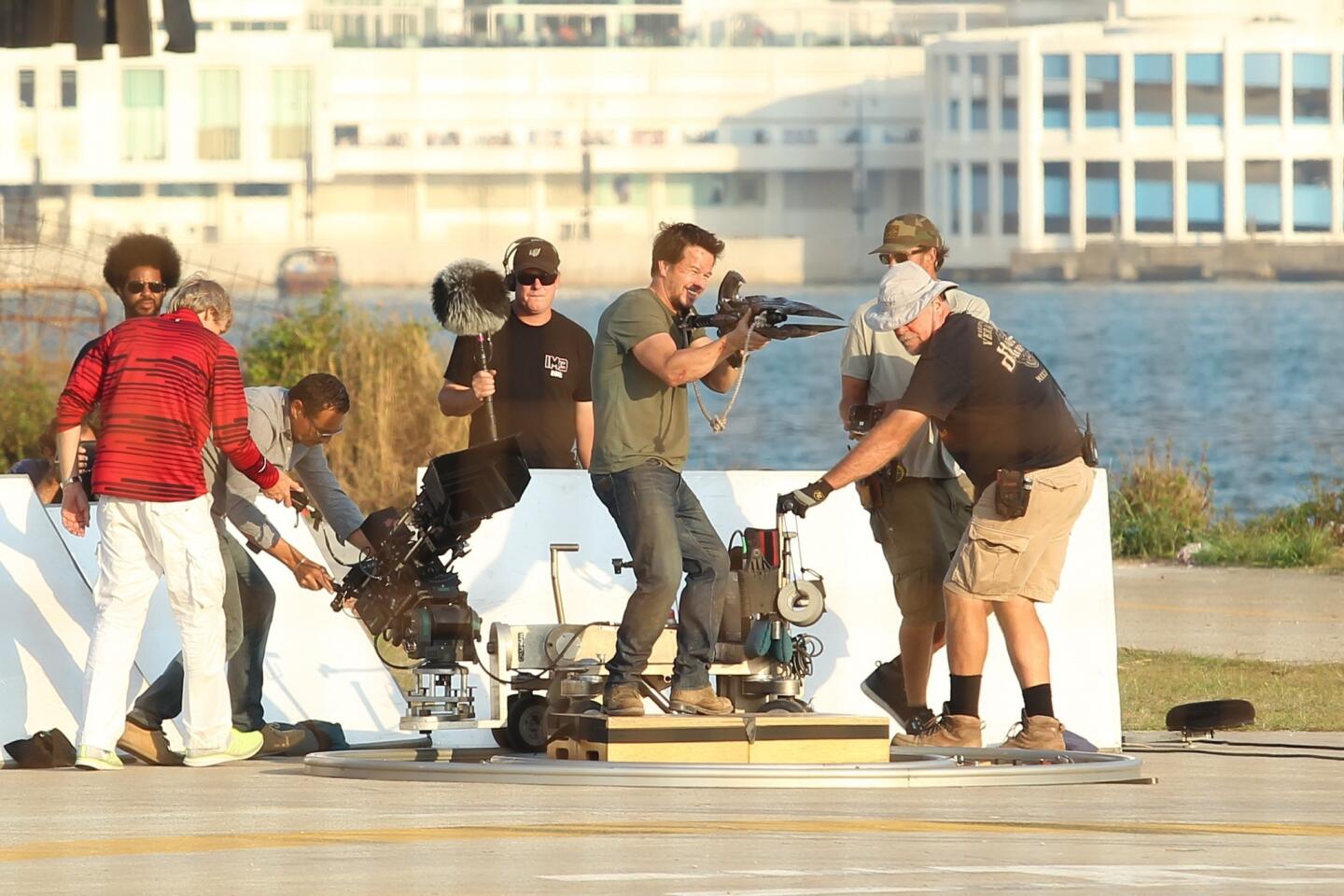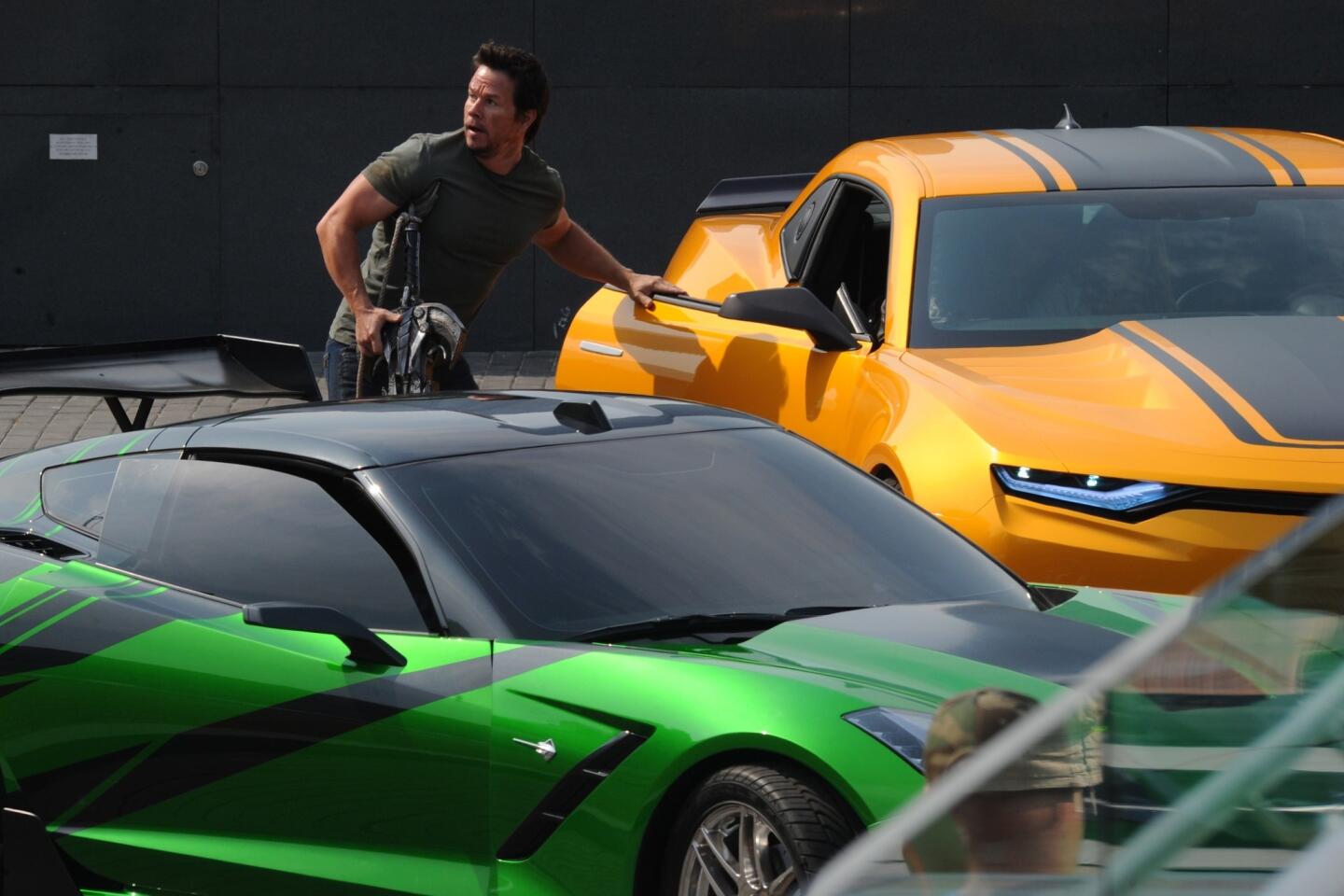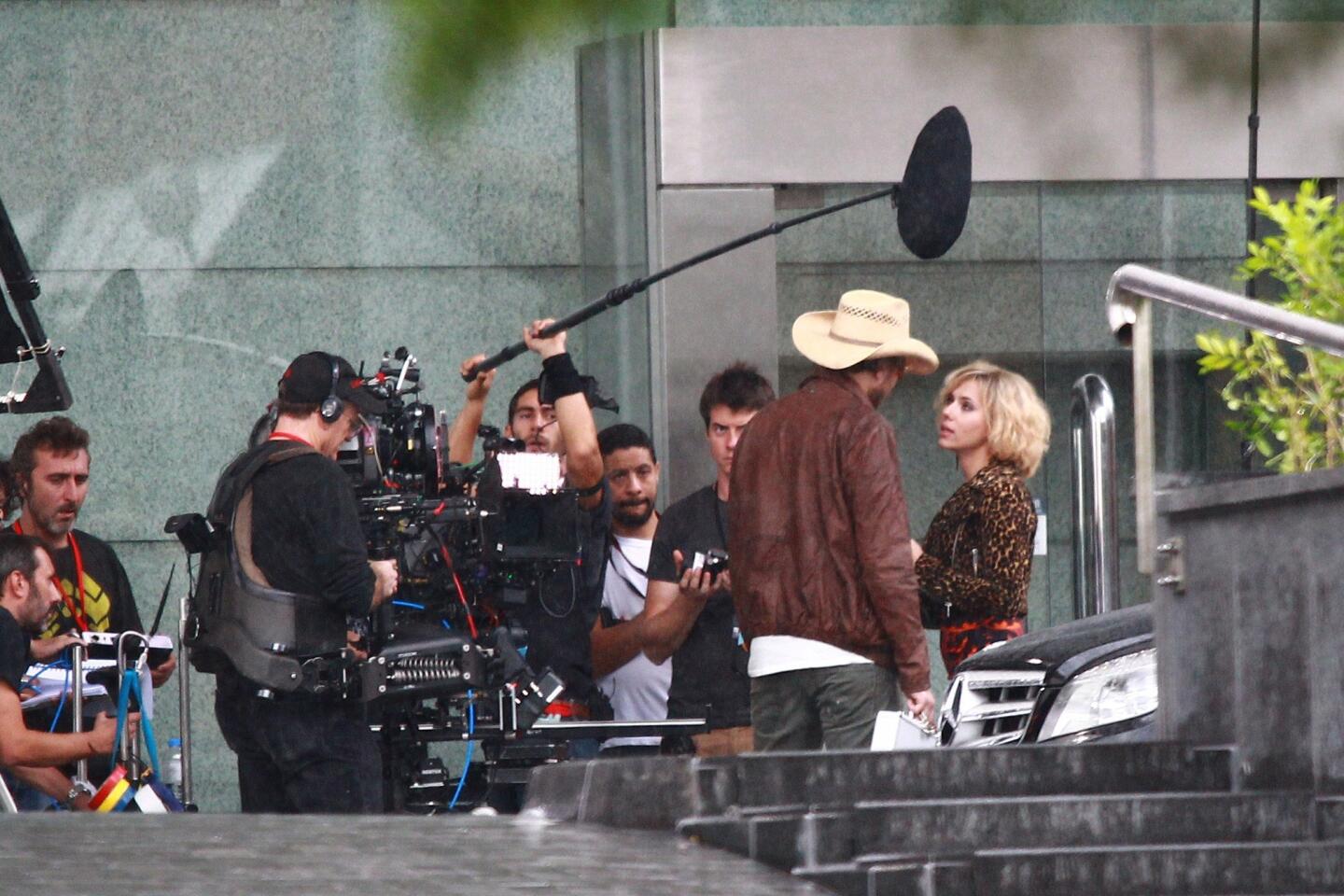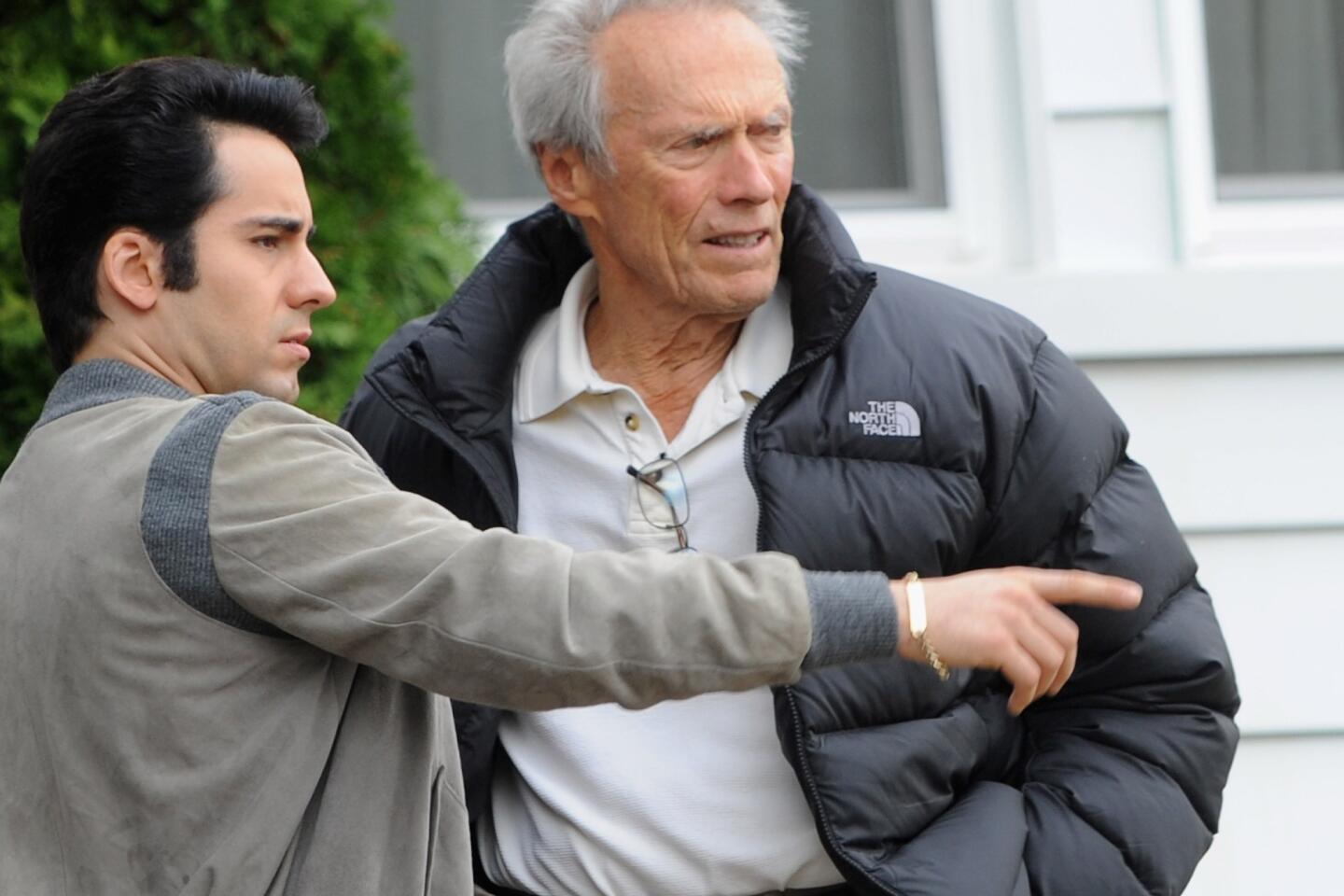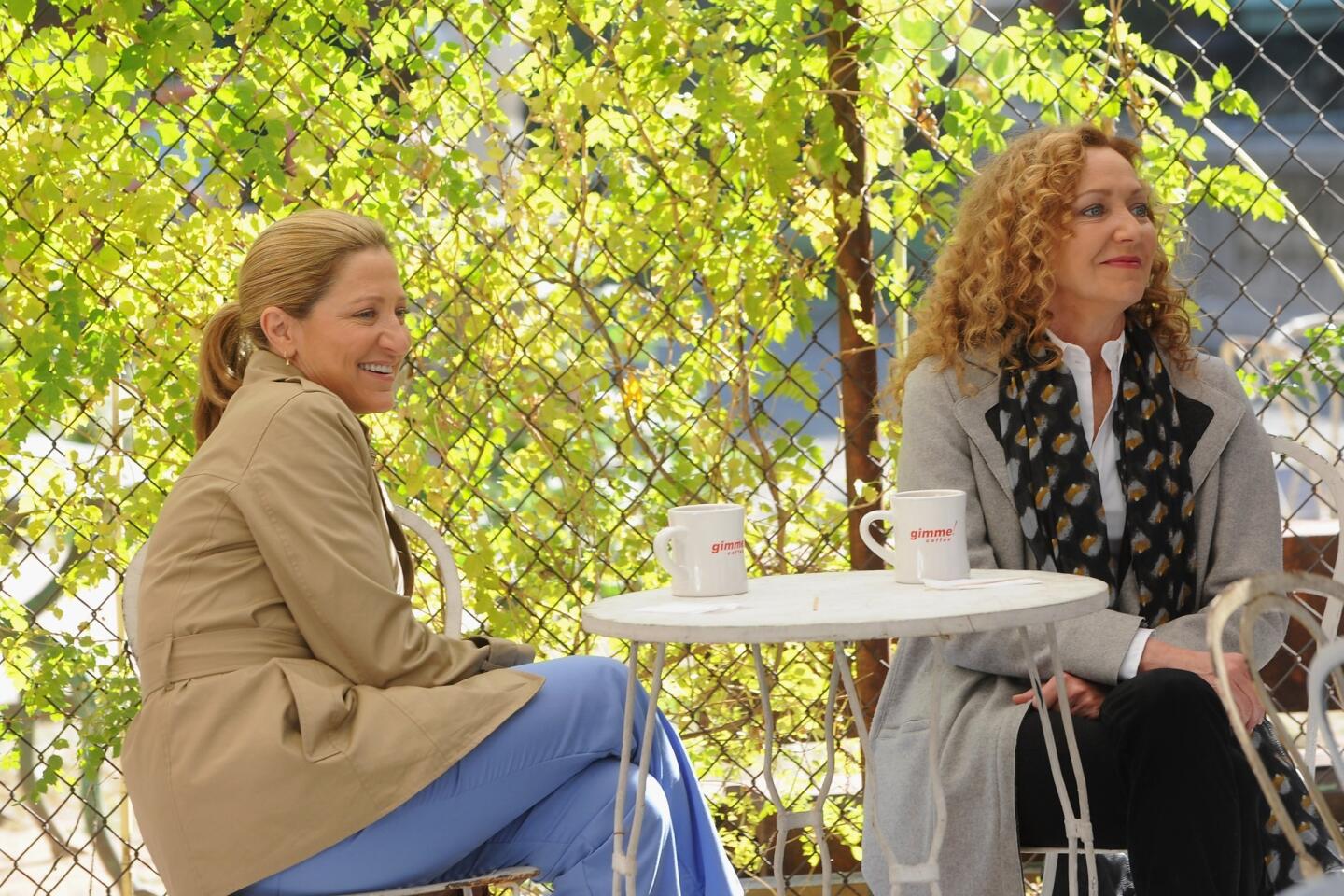Time Warner Cable customers fuming as CBS blackout drags on
- Share via
Justin Bass is a big Los Angeles Dodgers fan, but for nearly four weeks he has been shut out of the action.
The continuing contract dispute between television giants CBS Corp. and Time Warner Cable Inc. has blacked out the CBS-owned KCBS Channel 2 and KCAL Channel 9 in more than 1 million Los Angeles homes served by the cable company.
Time Warner Cable customers like Bass, unless they have installed an over-the-air antenna to capture the broadcast signal, have missed nine Dodgers games that have aired on KCAL.
“This is so frustrating,” Bass said. “The whole system is broken. There’s no recourse. I just have to sit here and take it.”
PHOTOS: Hollywood Backlot moments
It’s not just baseball lovers. Fans in Texas have missed three preseason contests featuring the Dallas Cowboys. Coverage of the New York Jets has been grounded in New York, another major city served by Time Warner Cable.
Analysts watching the prolonged dispute say the upcoming football season is likely to provide the tipping point, with both television companies under increased pressure — from viewers, Congress and the Federal Communications Commission — to resolve their differences.
“The problem is, Congress is out, the FCC is waiting to confirm a new chair, and pretty much everyone is resigned to blackouts as the ‘new normal,’” said Harold Feld, senior vice president of the public interest group Public Knowledge.
“If this is still dragging on even after football season starts, more people will start complaining, and we’ll get some political pressure to break the stalemate.”
The National Football League season starts Sept. 5, and CBS is expected to broadcast its first regular season game Sept. 8. Consumer outrage is expected to ignite if the blackout isn’t over within two weeks.
PHOTOS: 2012 highest-paid media executives
On Sept. 14, CBS plans to broadcast a highly anticipated Southeastern Conference college football clash between Alabama and Texas A&M. On Sept. 15, CBS will air the much-hyped “Manning versus Manning” NFL game, in which Peyton Manning of the Denver Broncos faces off against his younger brother Eli of the New York Giants.
Meanwhile, CBS and Time Warner Cable remain “in active negotiations,” according to representatives for the two companies.
But the two sides appear far apart on key provisions of a new deal, including the amount that Time Warner Cable pays CBS each month to provide the CBS channels to its subscribers and the digital streaming rights for CBS’ popular shows “NCIS,” “Big Brother,” “The Big Bang Theory” and “Hawaii Five-O.”
Time Warner Cable wants rights to provide CBS content to its Internet customers in its service area, and CBS has balked at providing streaming rights as part of the pact.
In recent years, CBS has been quick to exploit a new revenue stream provided by digital services such as Netflix and Amazon.com, which are paying tens of millions of dollars for exclusive content, such as CBS’ popular summer series “Under the Dome.” CBS expects Time Warner Cable to pay more to claim an Internet window.
ON LOCATION: Where the cameras roll
Time Warner Cable separately has been sparring with Journal Broadcast Group, which has led to a more than monthlong blackout of the local NBC affiliate in Palm Springs.
Richard Greenfield, a media analyst with investment firm BTIG Research, said the lengthy contract disputes and blackouts are partly the result of outmoded rules governing the TV industry.
“Just like the 1992 Cable Act did not envision video competitors like satellite, telephone companies and Google, let alone over-the-top video companies that may launch like Sony and Intel Corp., [it] did not address digital because digital did not exist,” Greenfield said. “The FCC must intervene until Congress updates the legislation.”
But the FCC is powerless to broker a deal as long as the two sides continue to negotiate. Unless CBS or Time Warner Cable files an official complaint, the federal agency will remain on the sidelines.
“Our primary concern remains with consumers and viewers, and we are disappointed that the respective parties have yet to reach a retransmission agreement,” the FCC said in a statement.
“We urge all parties to resolve this matter as quickly as possible so consumers can access the programming they rely on and are paying for.”
But that doesn’t help Justin Bass of Venice, who just wants to see Baseball Hall of Fame announcer Vin Scully call the Dodgers games. KCAL is scheduled to broadcast eight Dodgers games in September.
The budget-conscious 37-year-old writer, who lives in Venice, pays about $100 a month for a basic cable TV and high-speed Internet package, but it doesn’t include ESPN or Fox Sports.
Bass tried to switch TV providers, but he doesn’t live in an area wired for television service provided by phone companies Verizon or AT&T. And his apartment complex doesn’t allow TV satellite dishes on its roof.
Bass figures that it would cost him $100 to buy an antenna and digital converter needed to upgrade his older-model 32-inch flat-screen TV to receive over-the-air signals.
Other consumers have taken that route. Time Warner Cable has been offering its customers free digital antennas. Electronics retailer Radio Shack has said sales of antennas and related products “have been up double digits” in recent weeks.
Still, Bass just wants the blackout to end. Most nights when KCAL televises Dodgers games, he listens to the play-by-play on his old Panasonic boom-box.
“Everything was going well, the Dodgers were at their apex, and then they yanked the channel,” he lamented. “Living in L.A. means being able to watch the Dodgers on local television, and cable TV was supposed to give you more channels. But now we pay more and they take it away.”
More to Read
From the Oscars to the Emmys.
Get the Envelope newsletter for exclusive awards season coverage, behind-the-scenes stories from the Envelope podcast and columnist Glenn Whipp’s must-read analysis.
You may occasionally receive promotional content from the Los Angeles Times.
